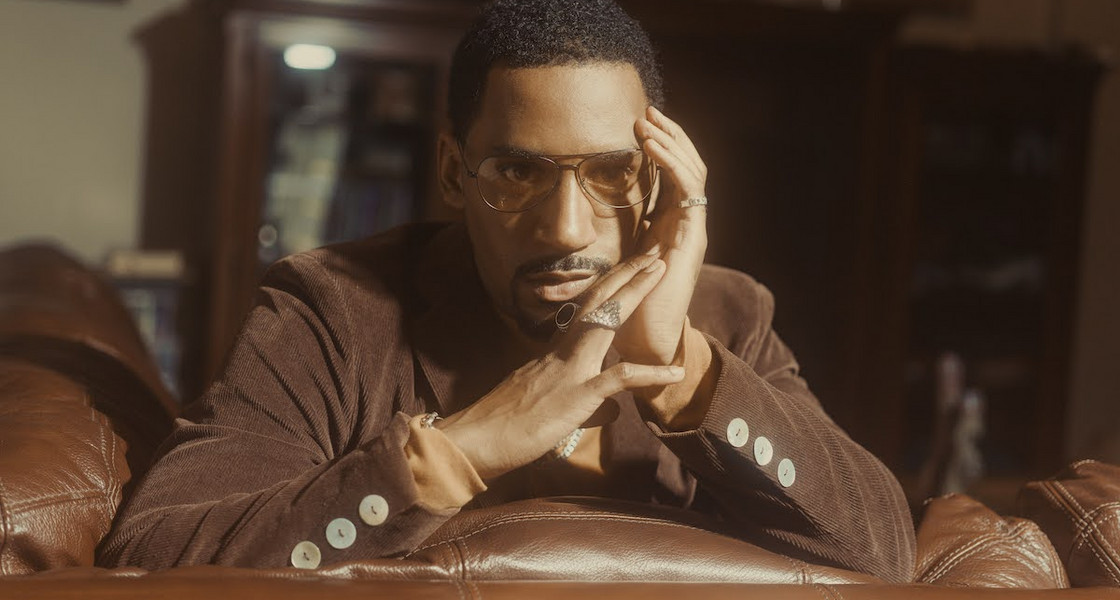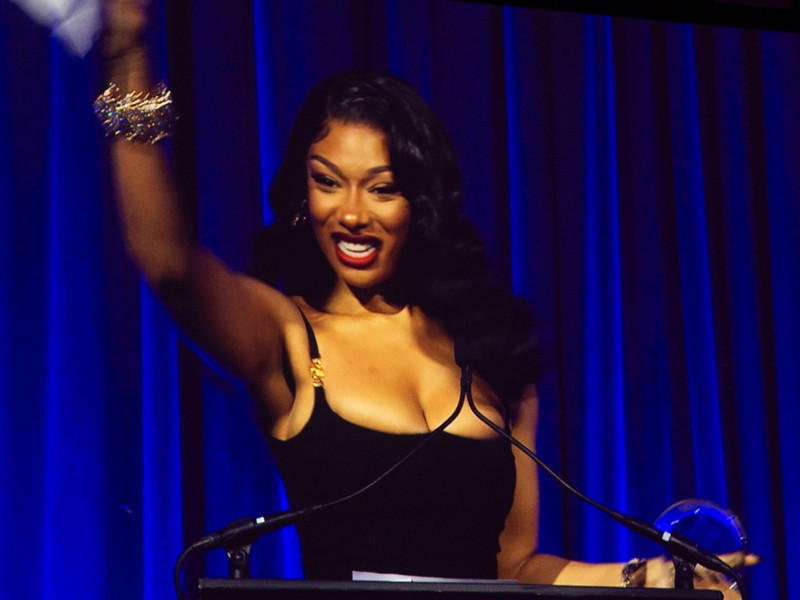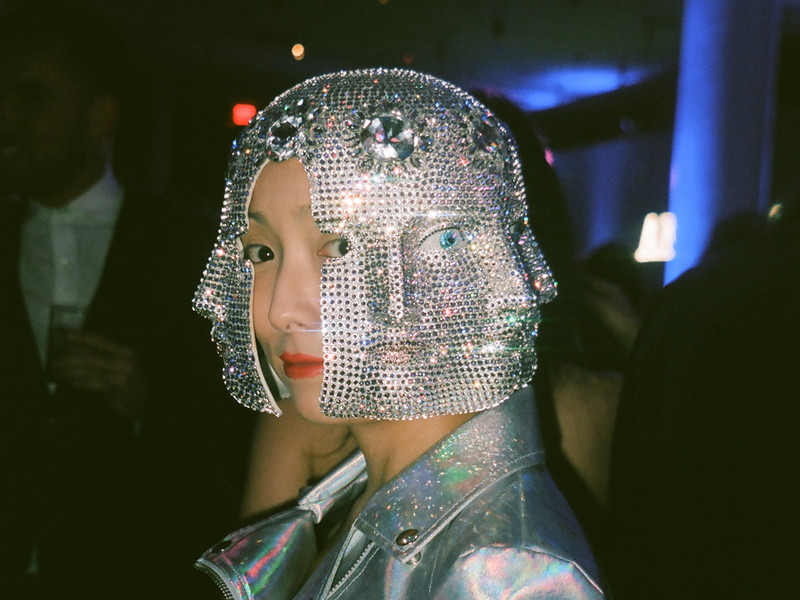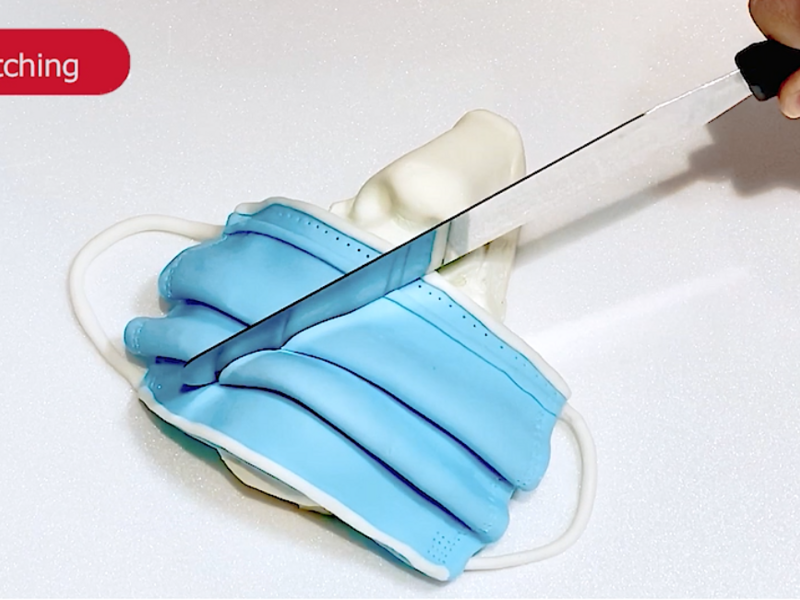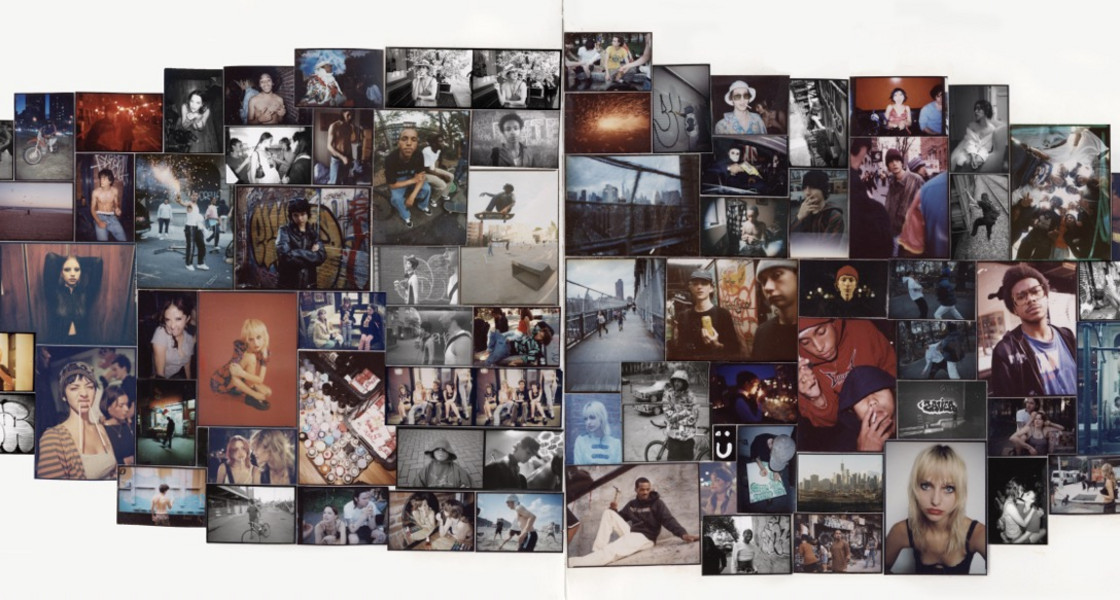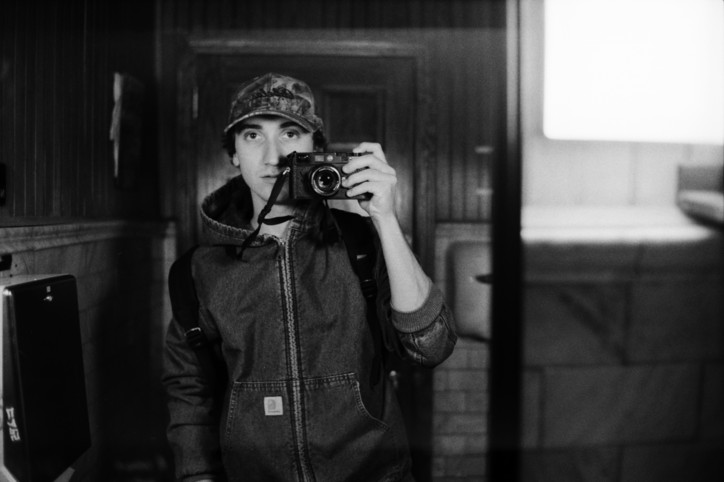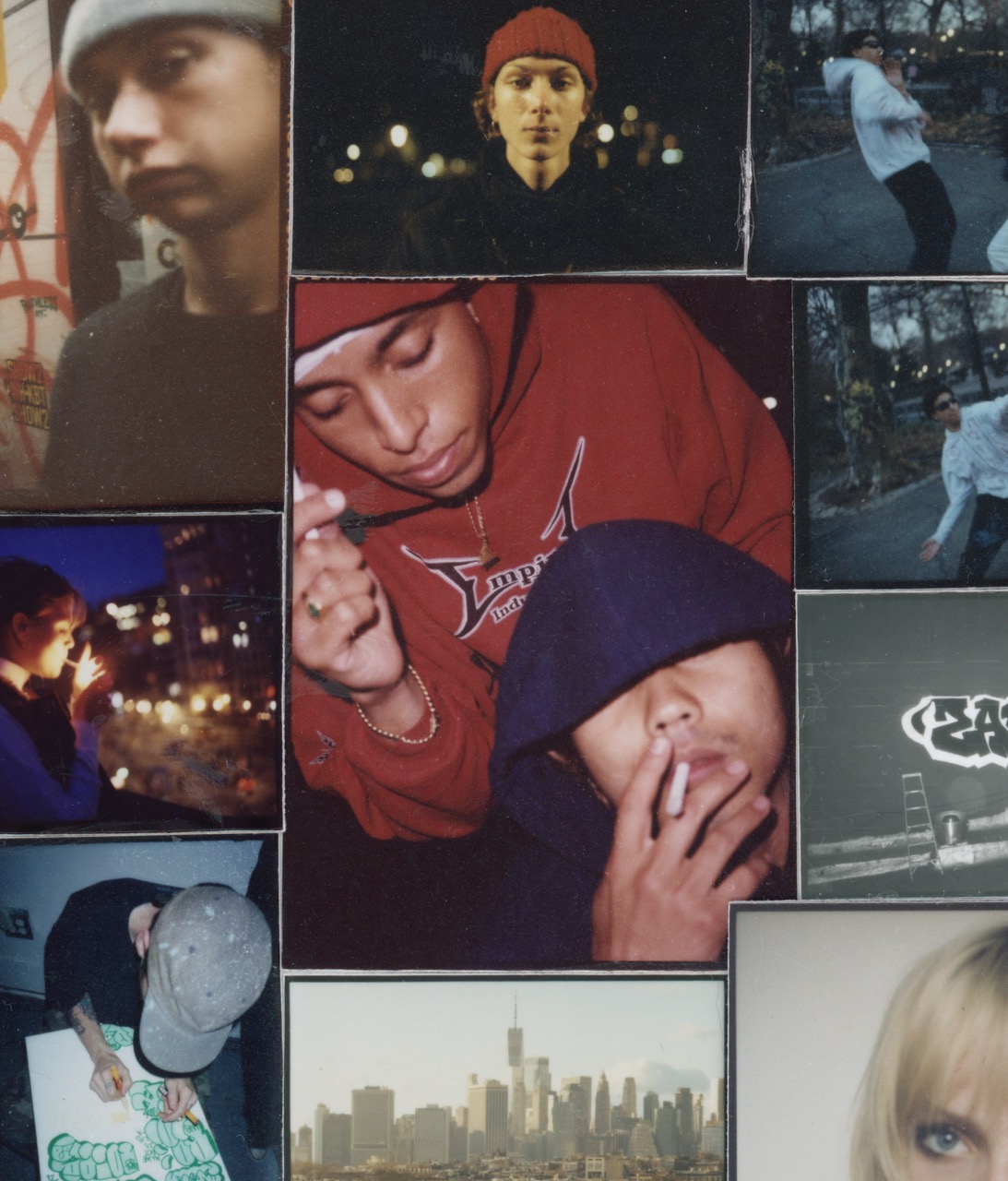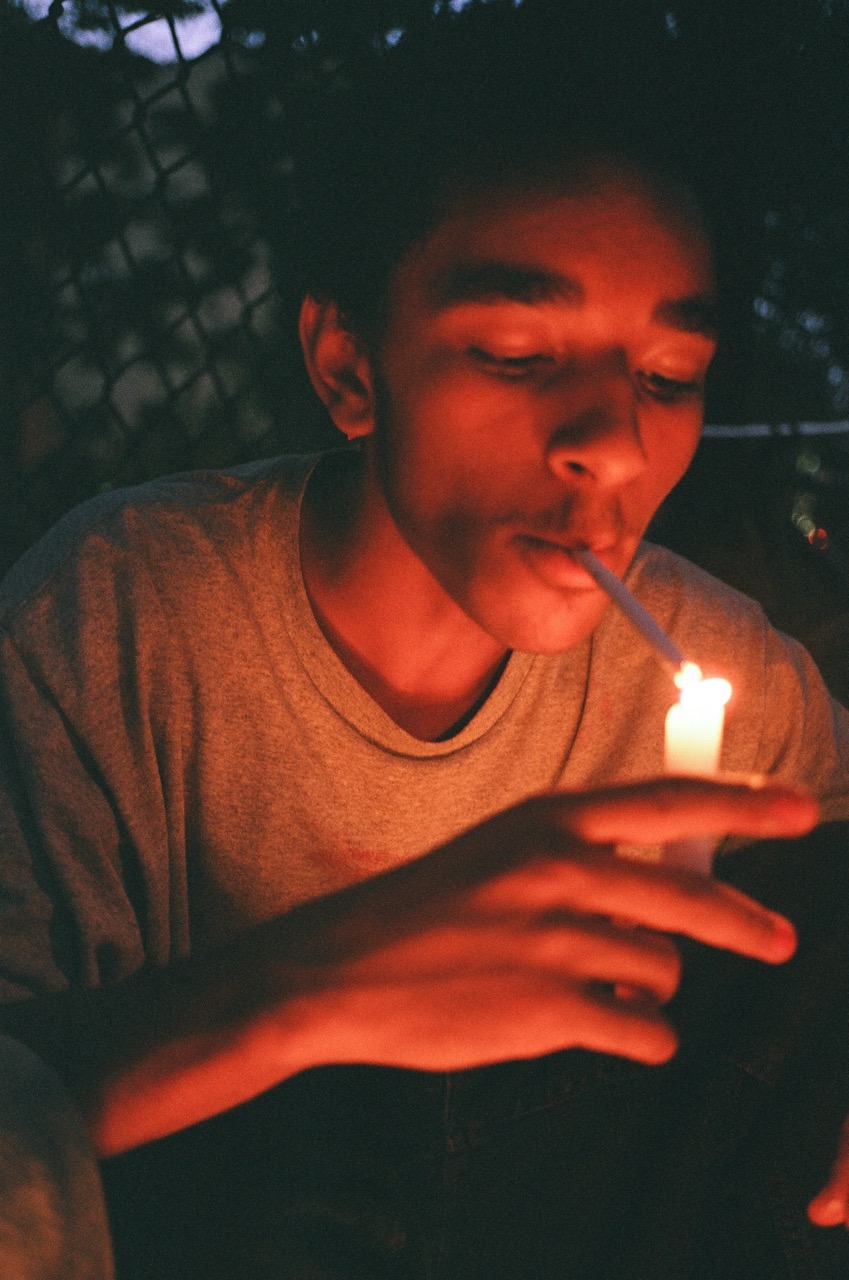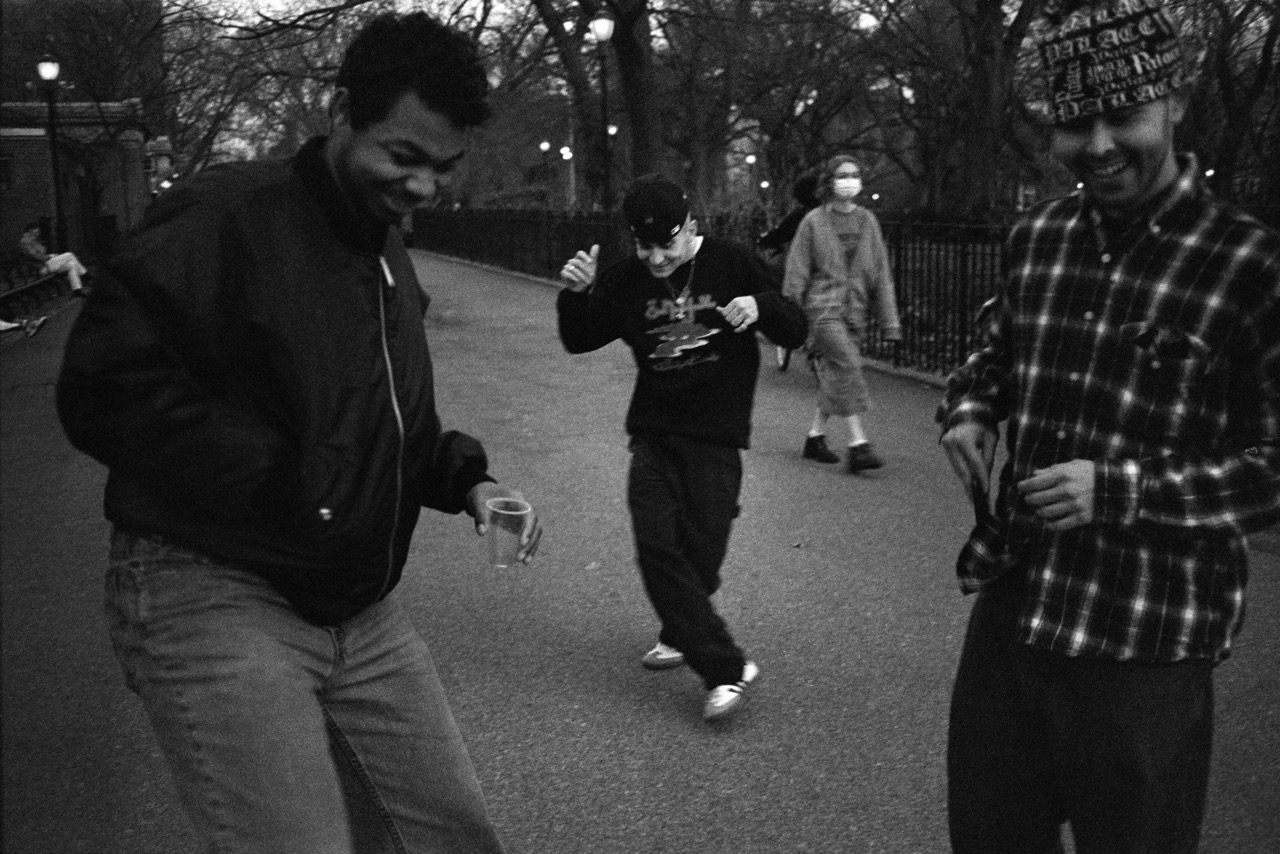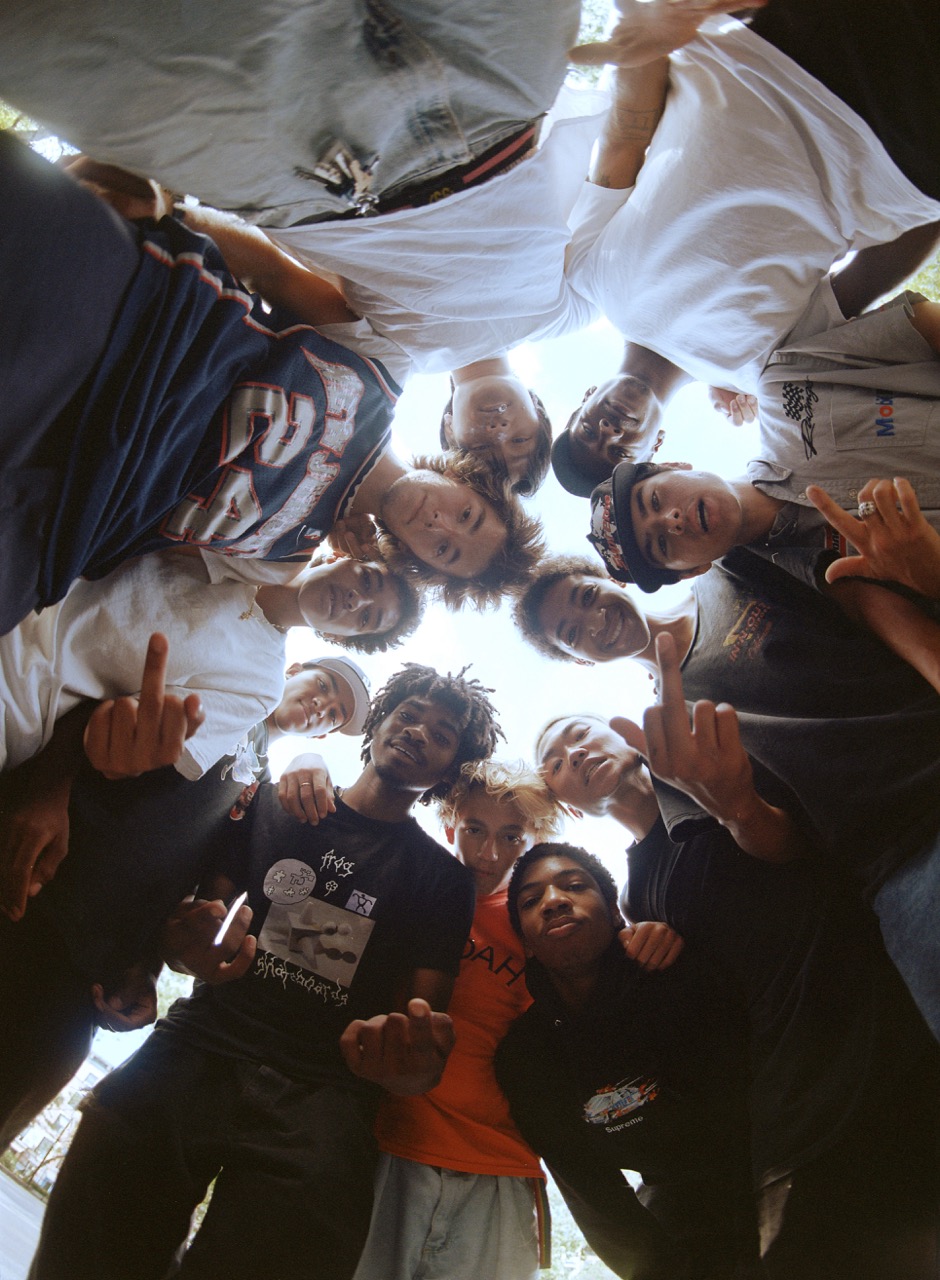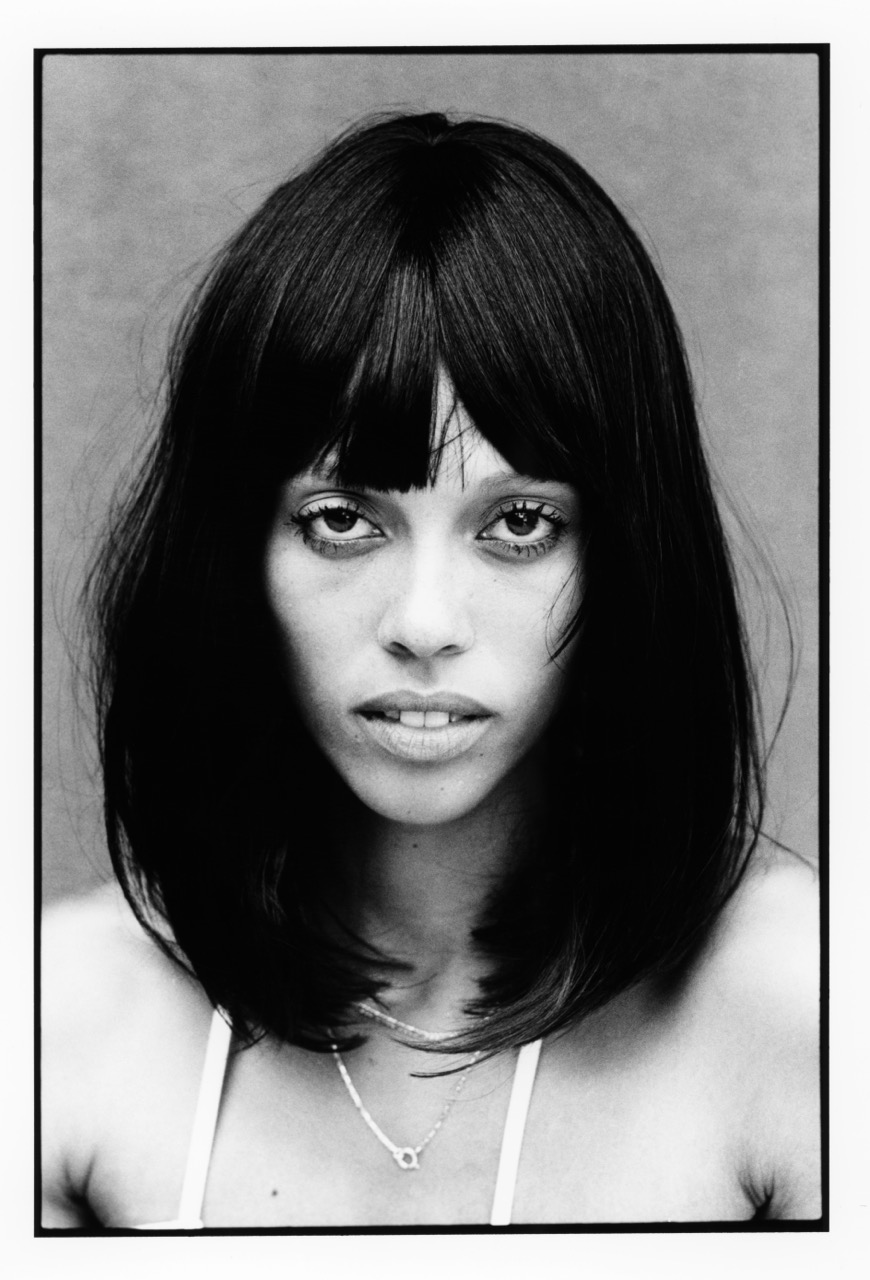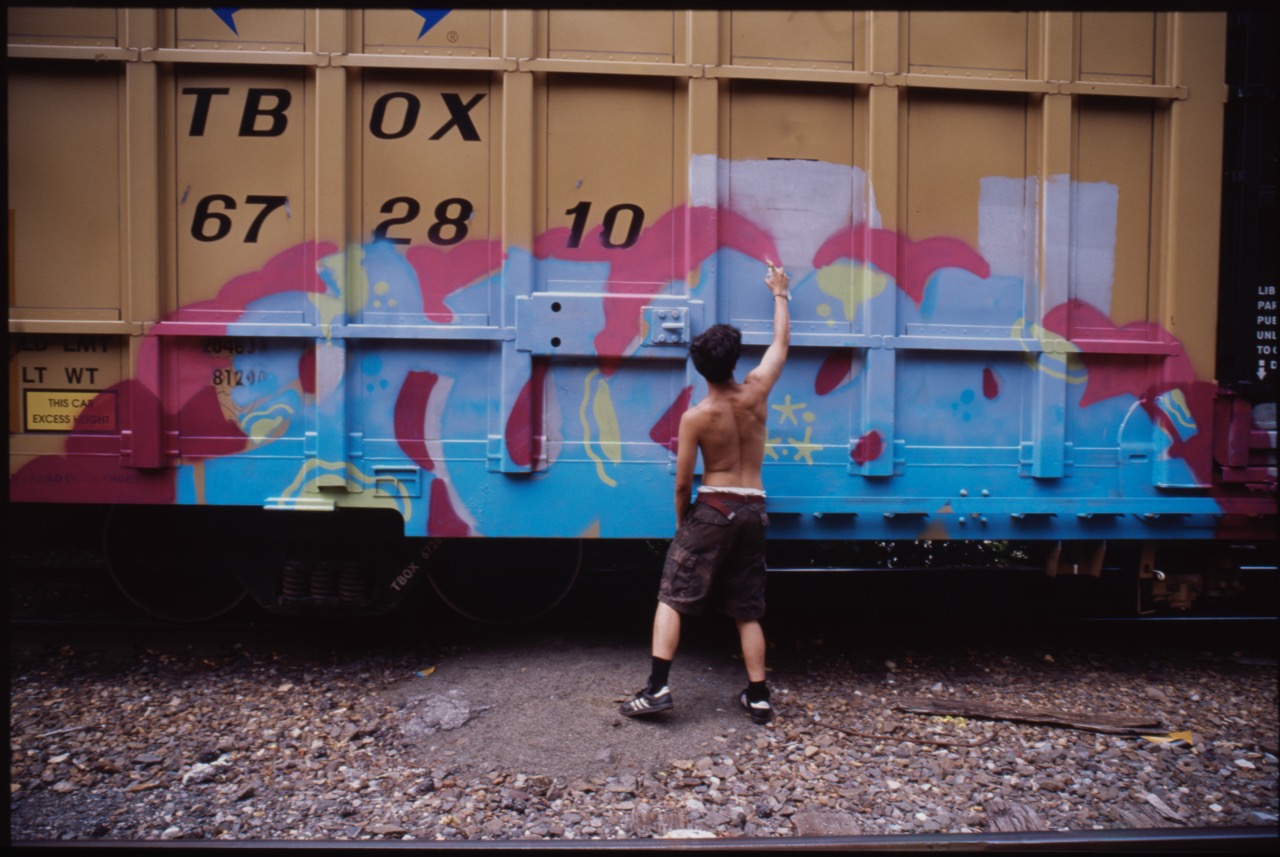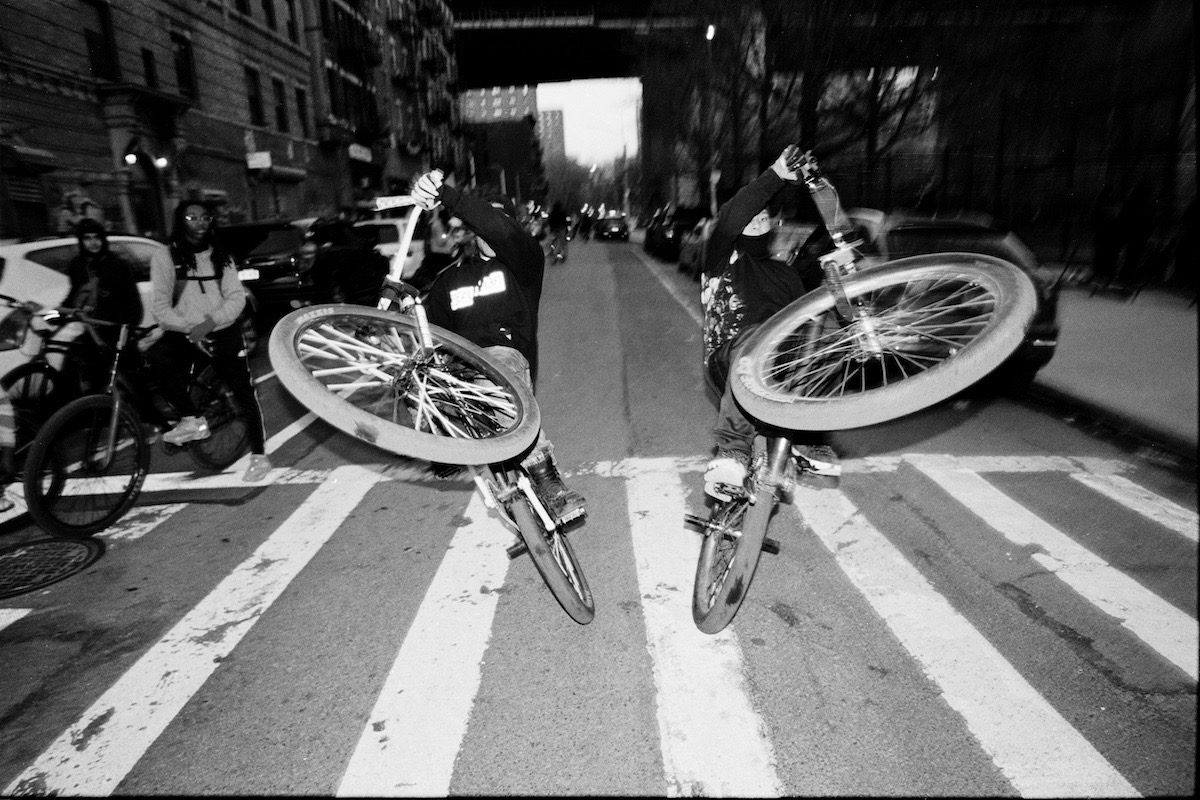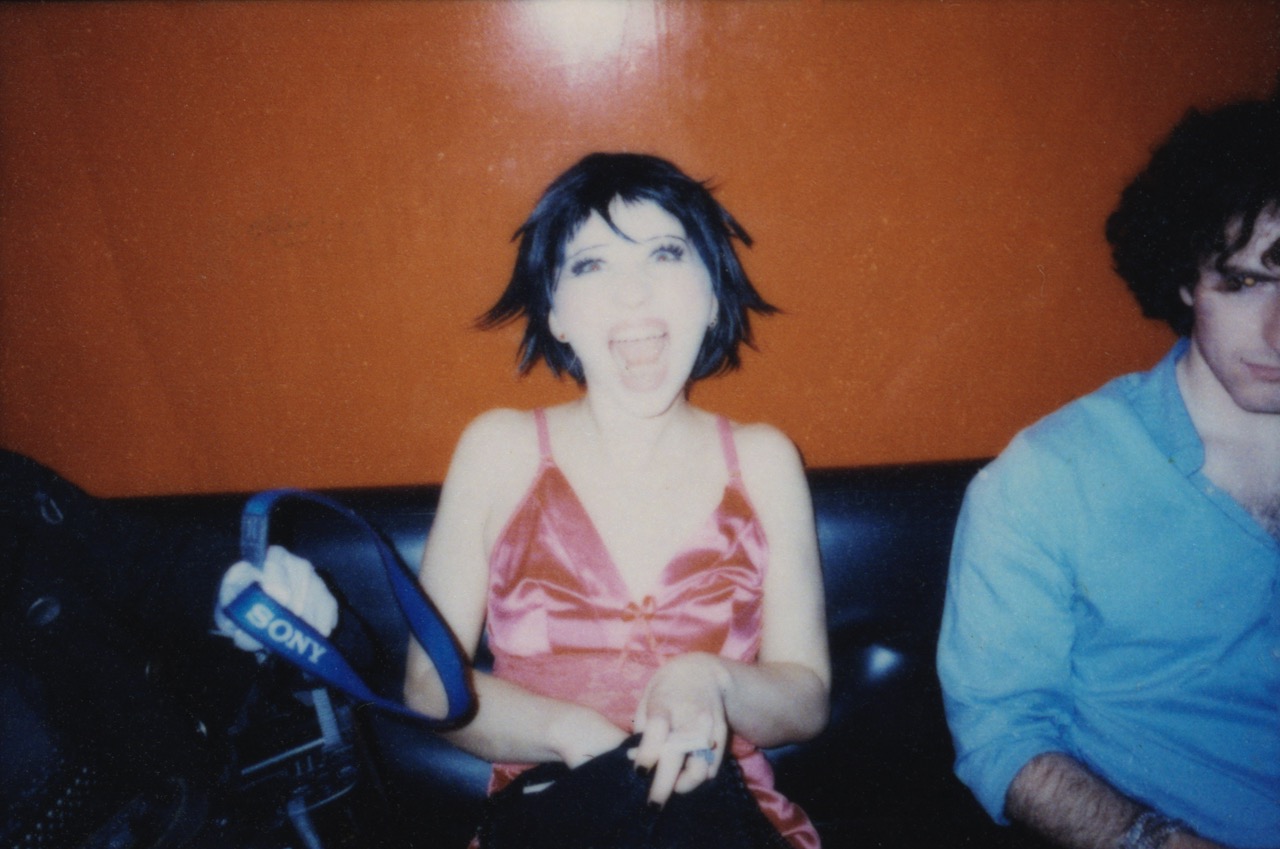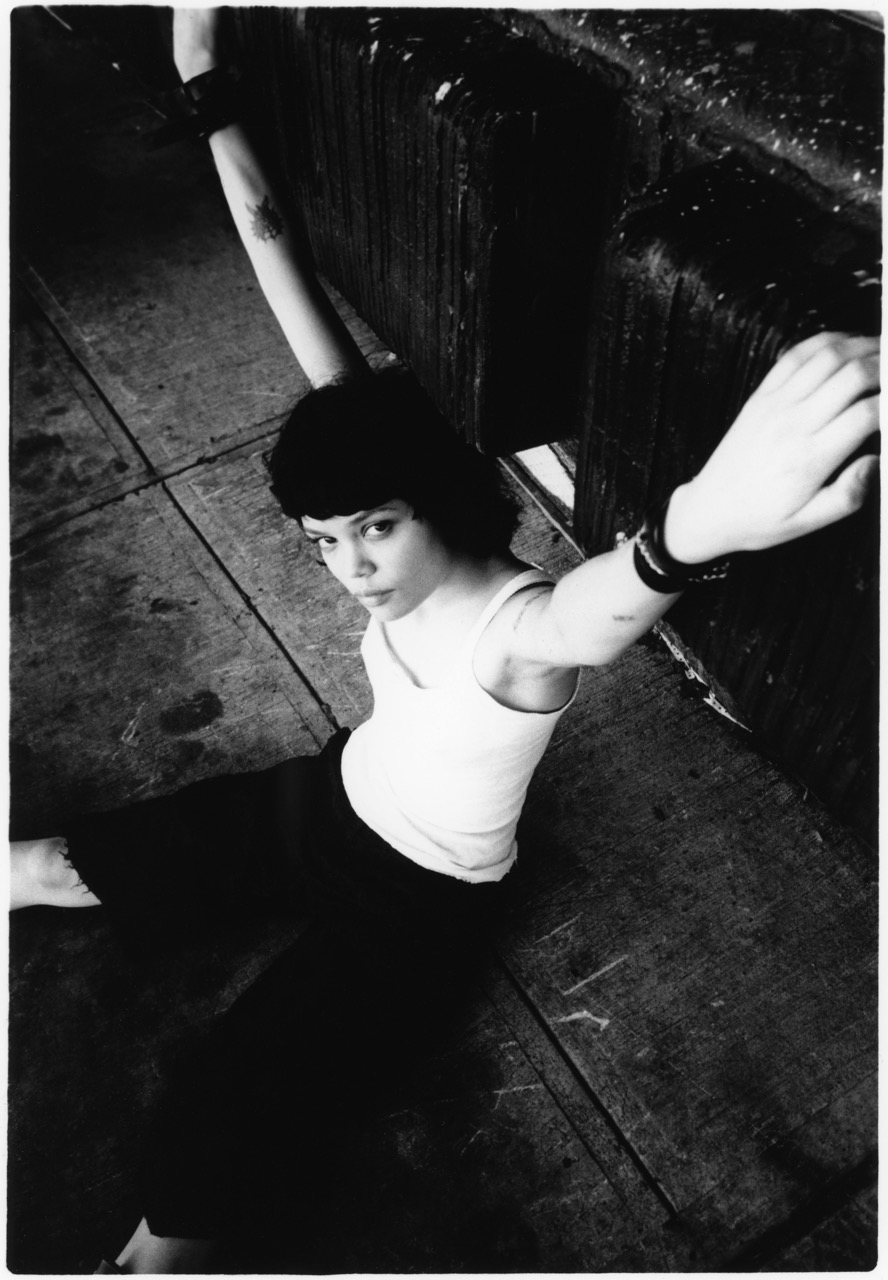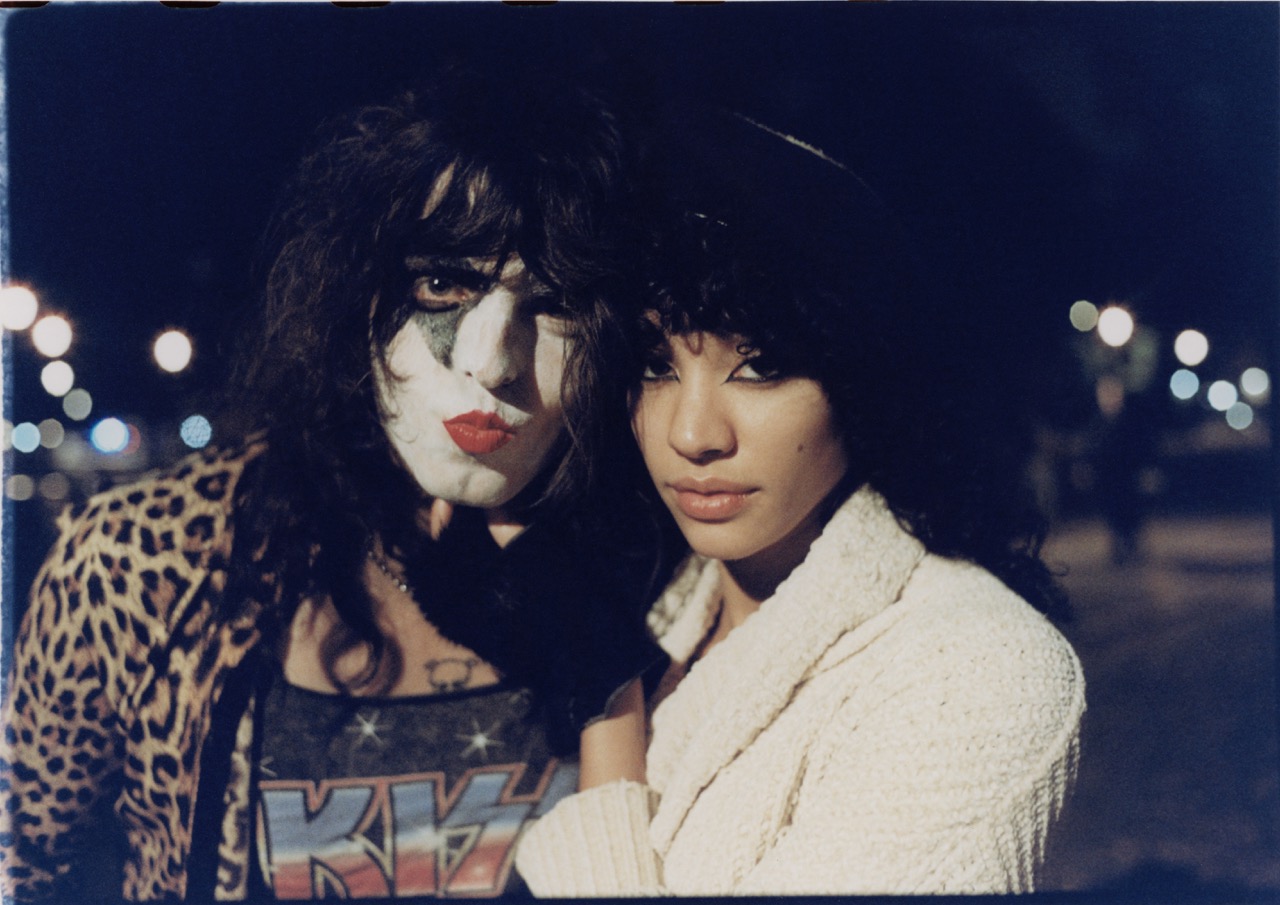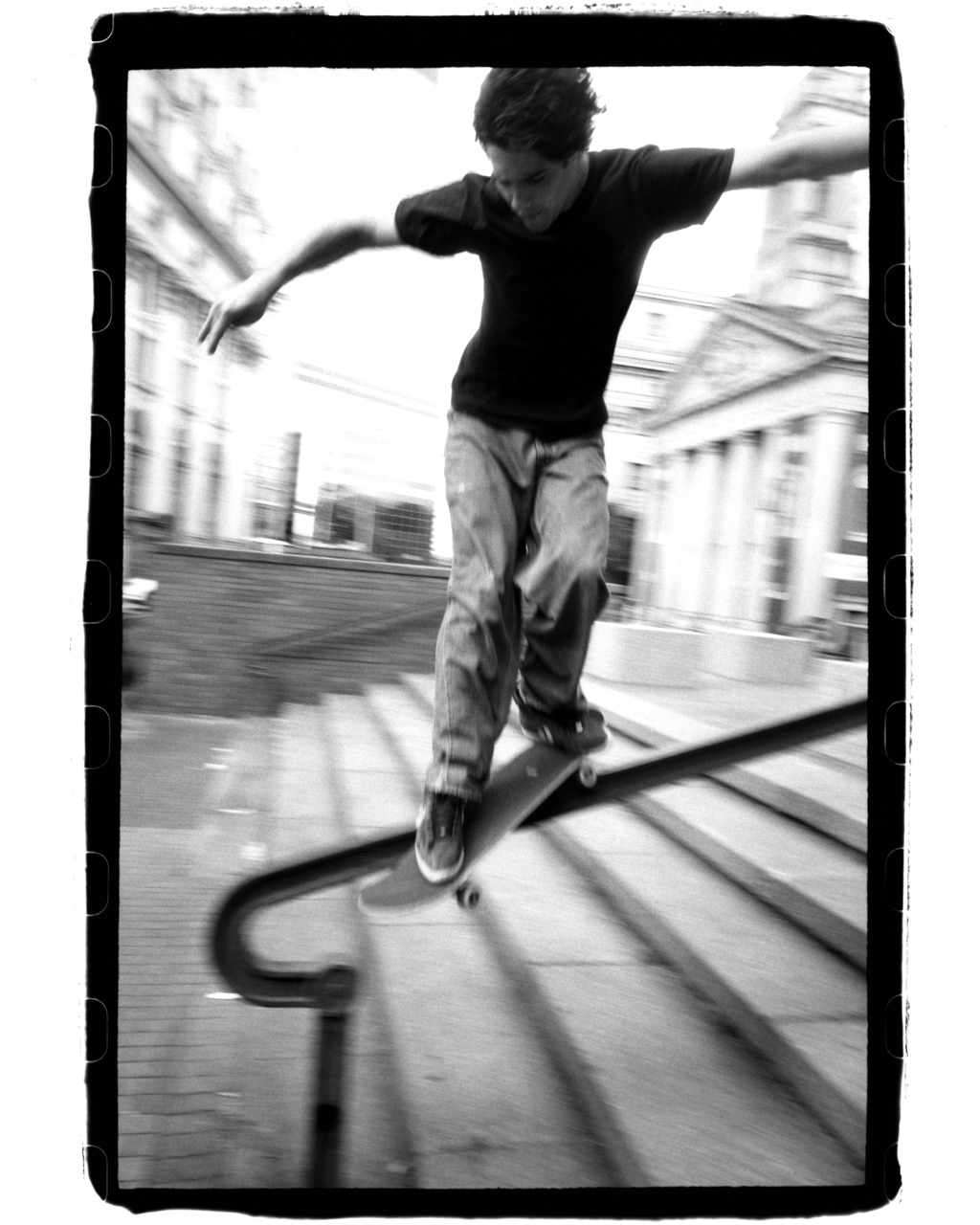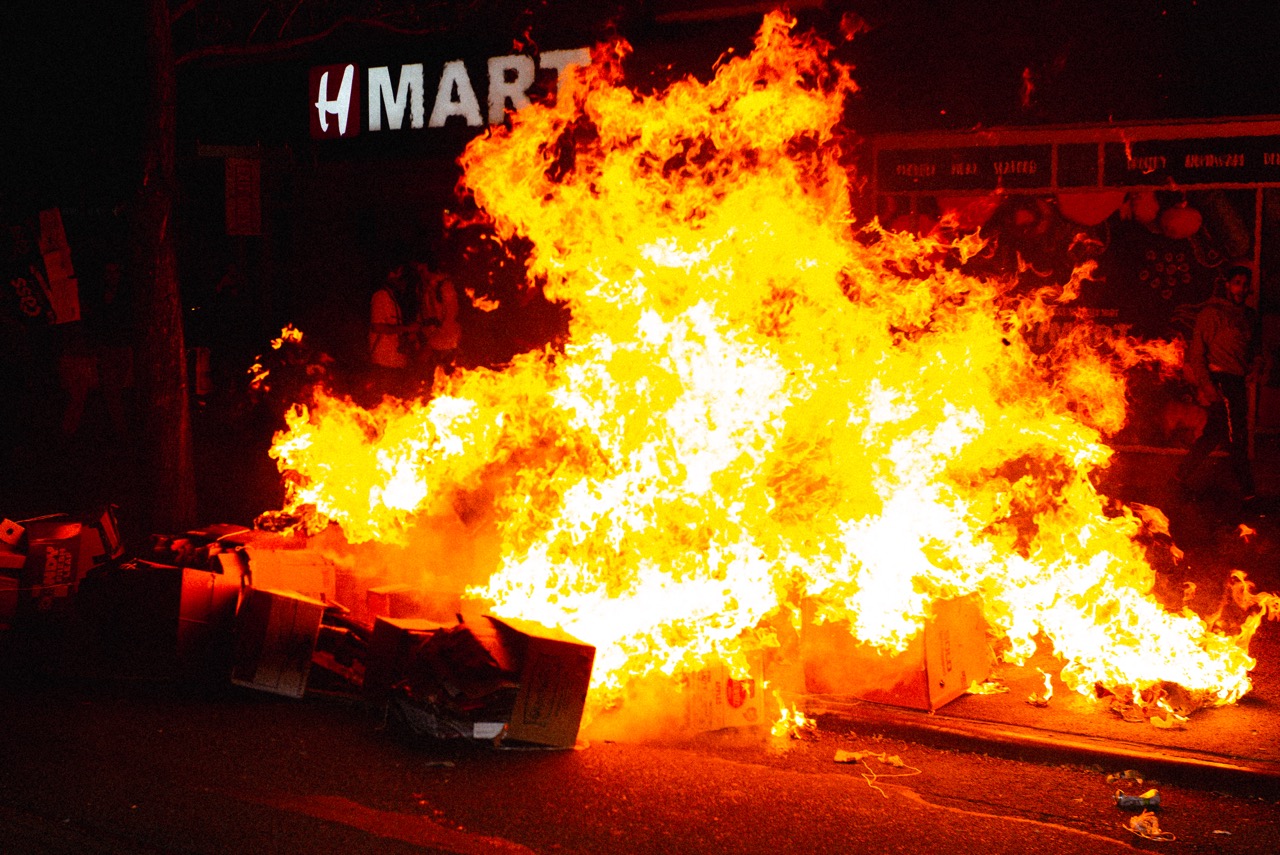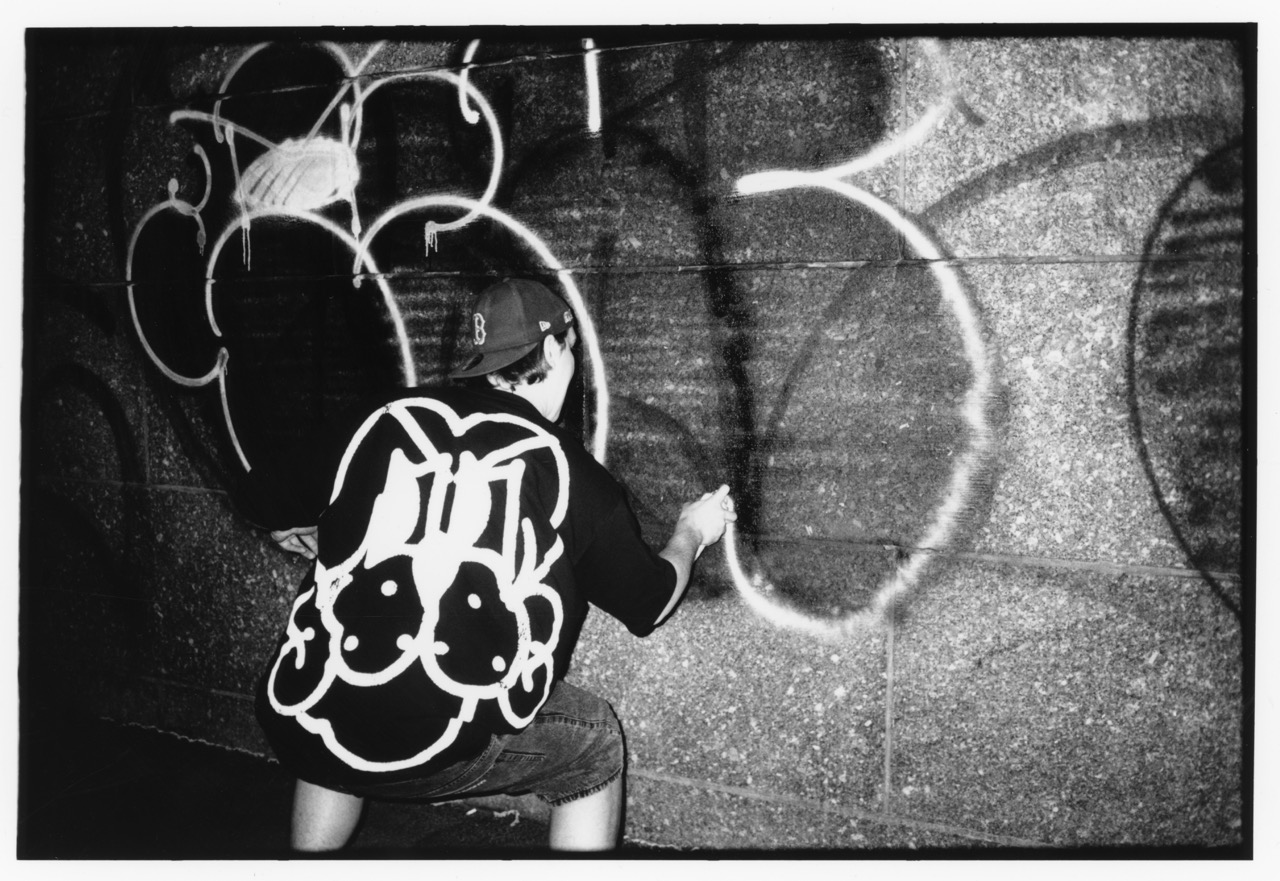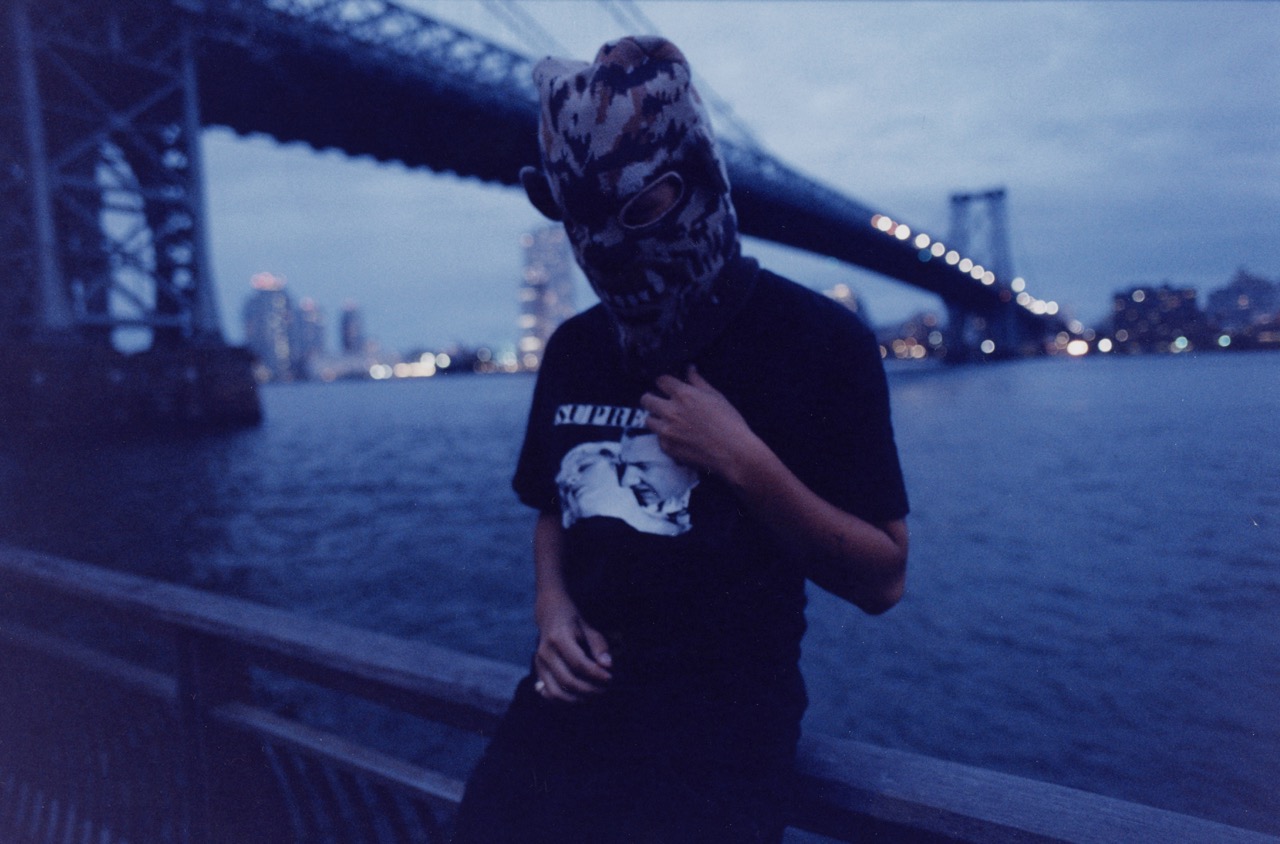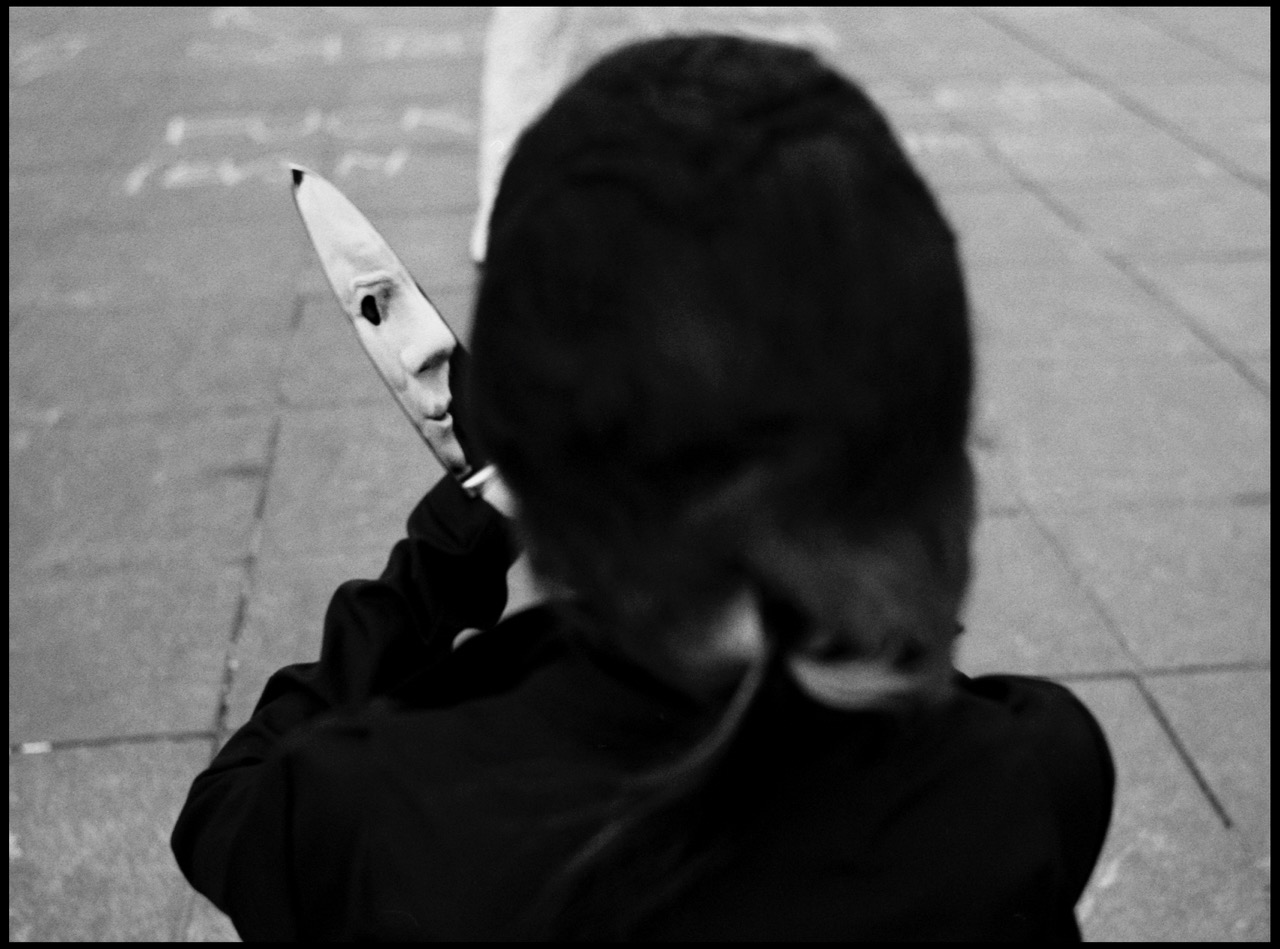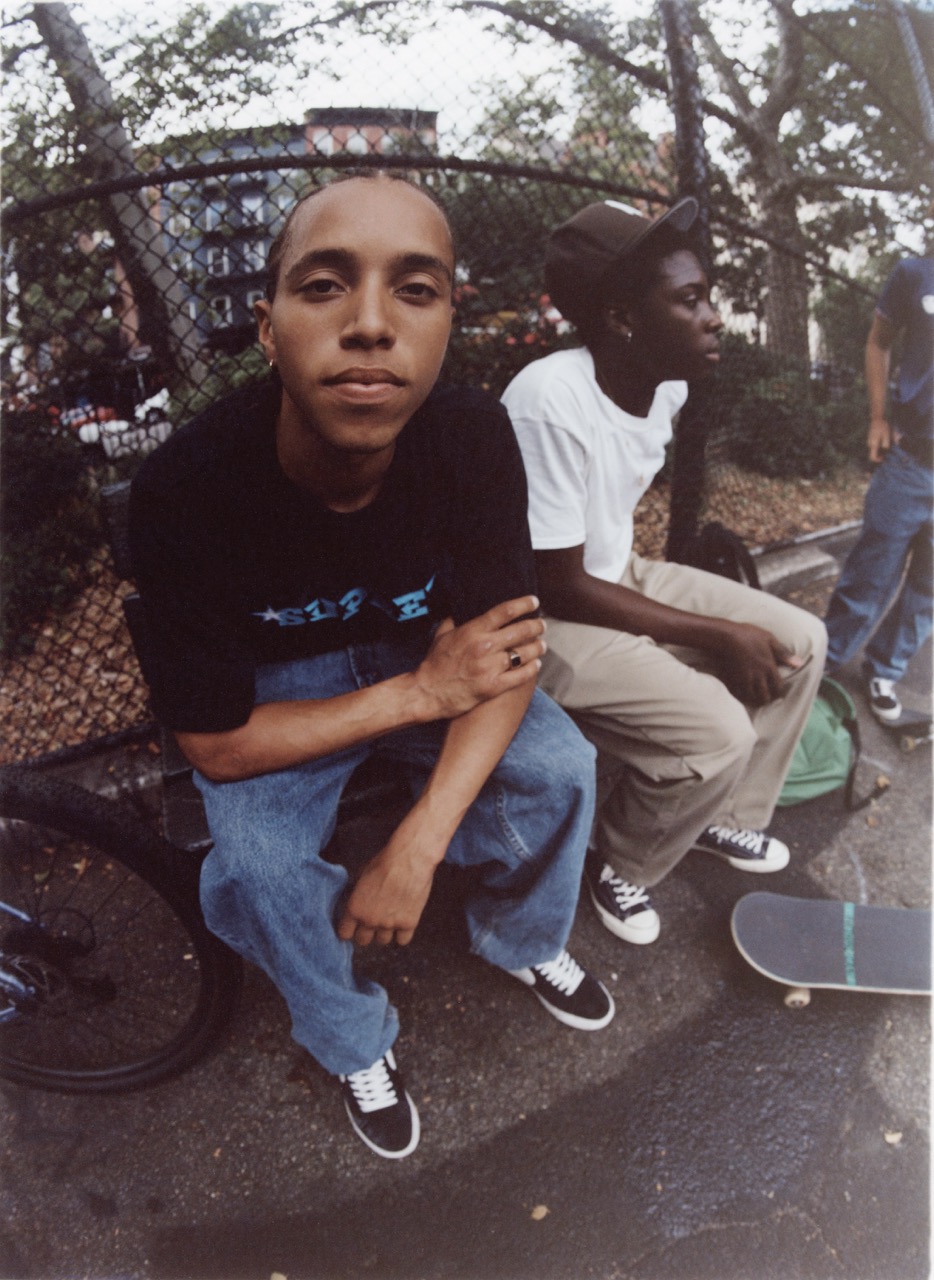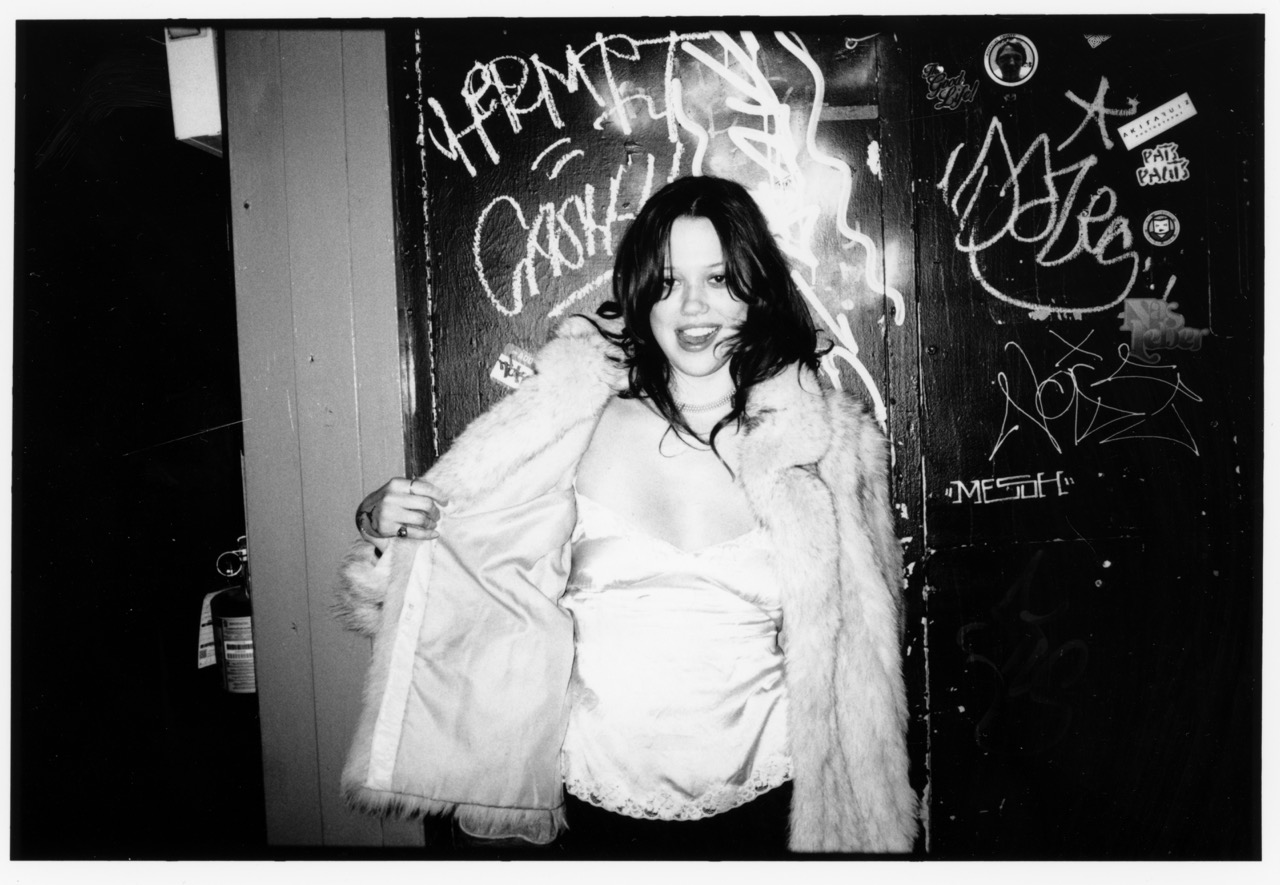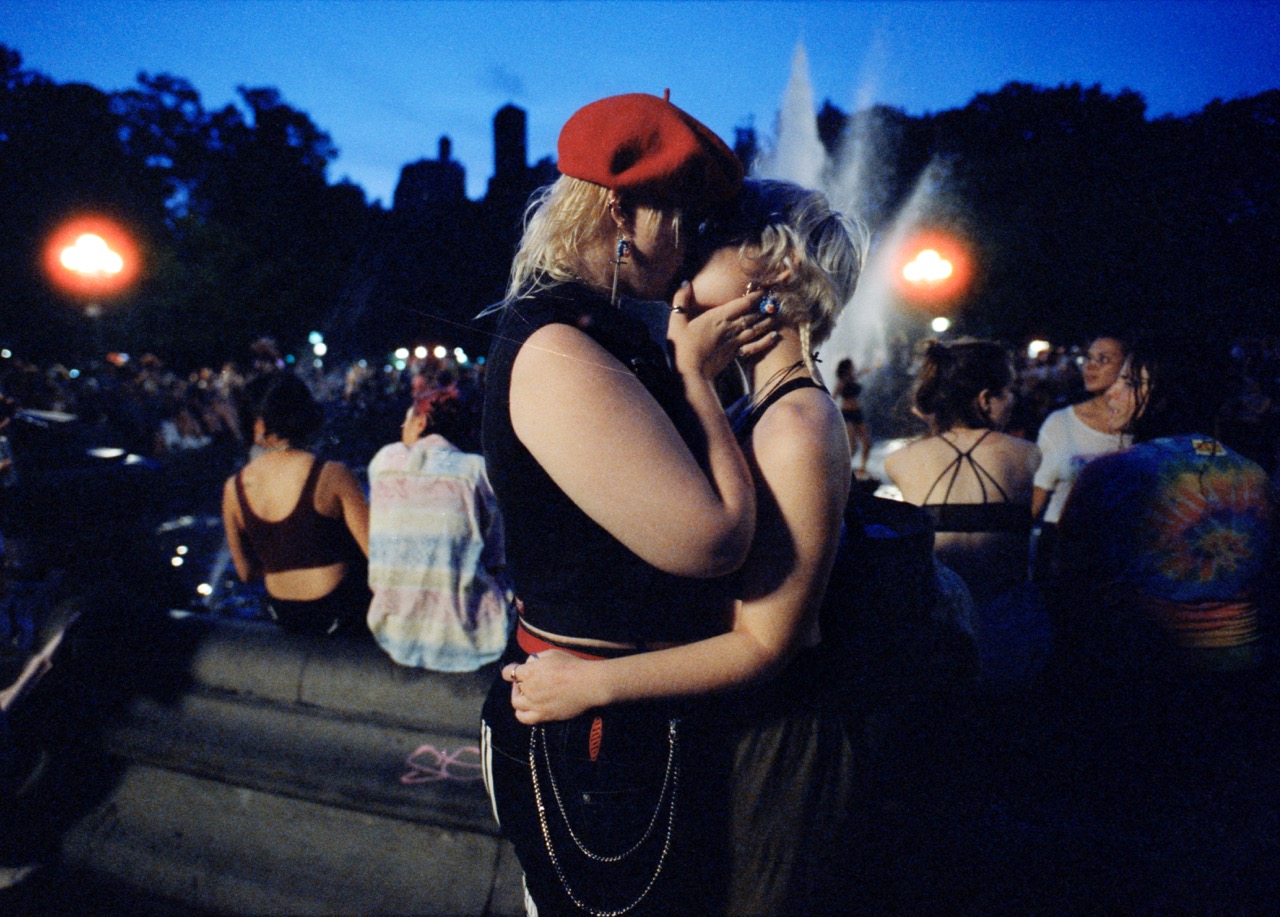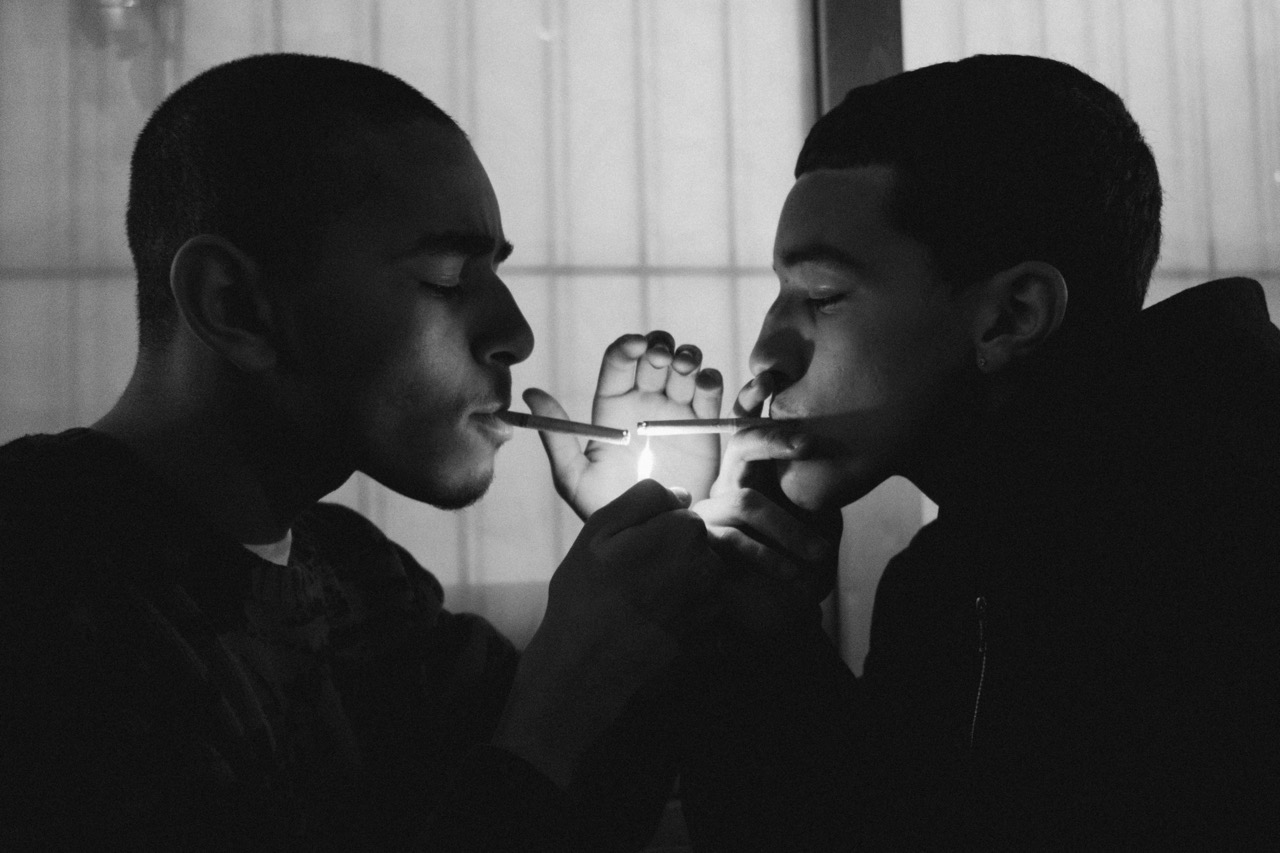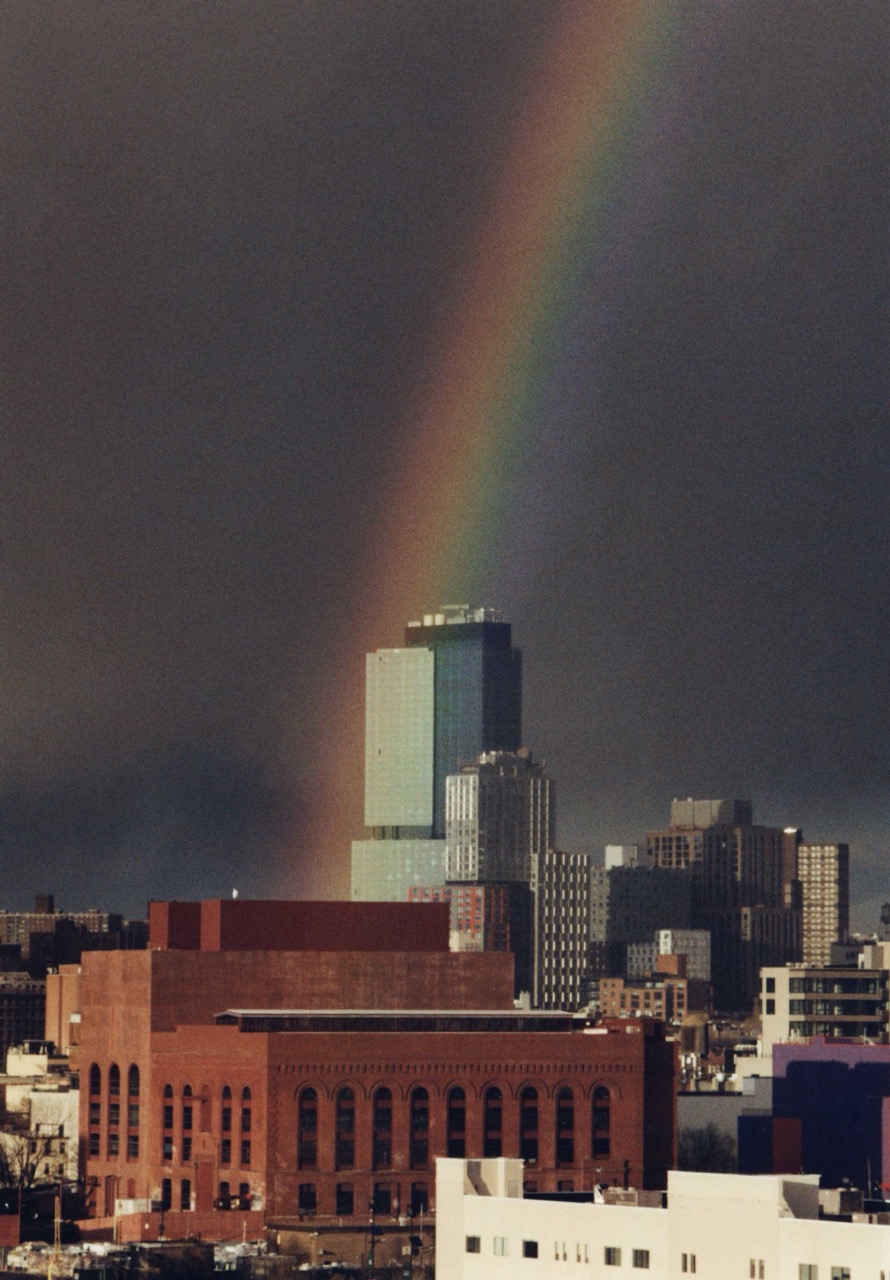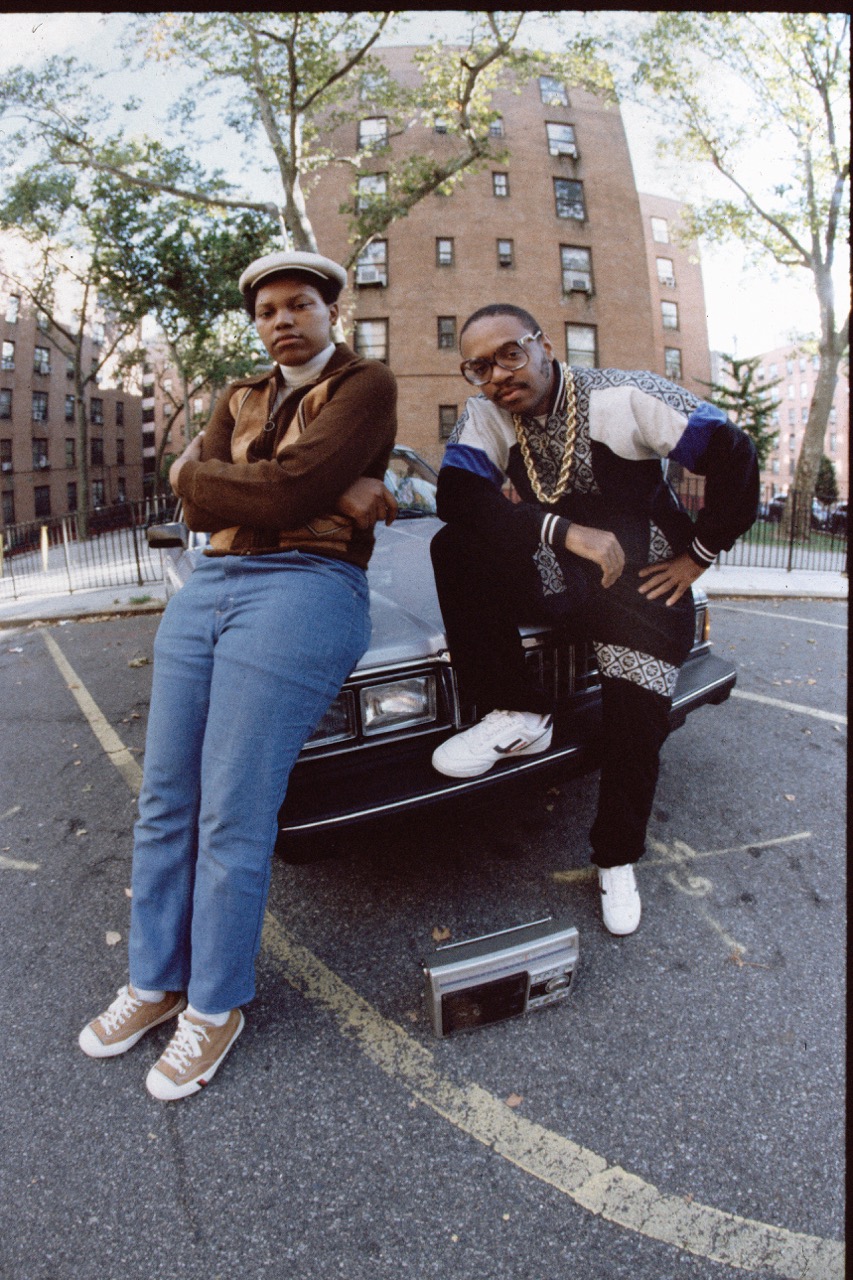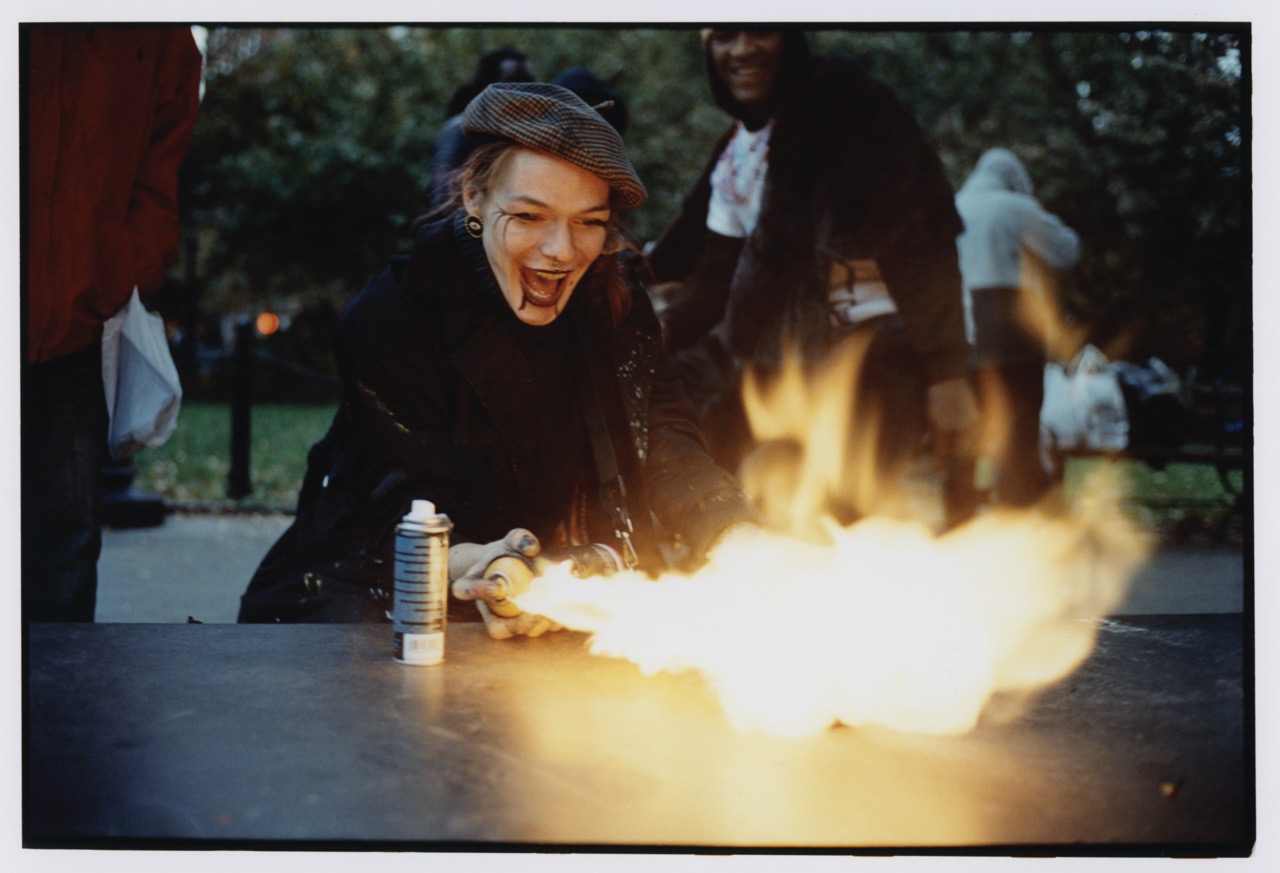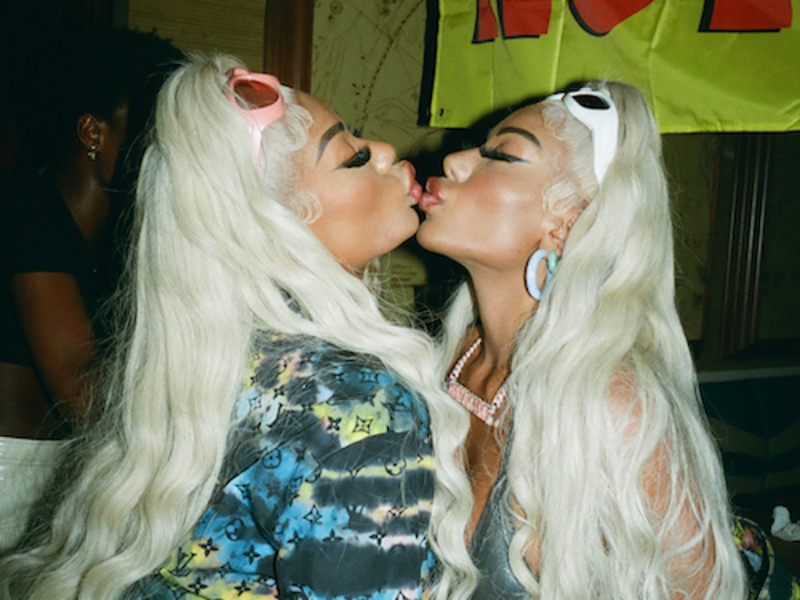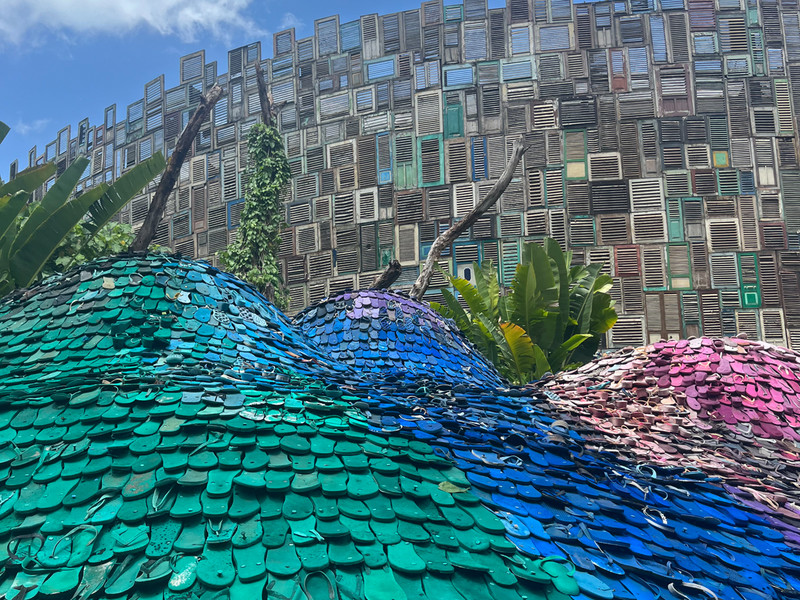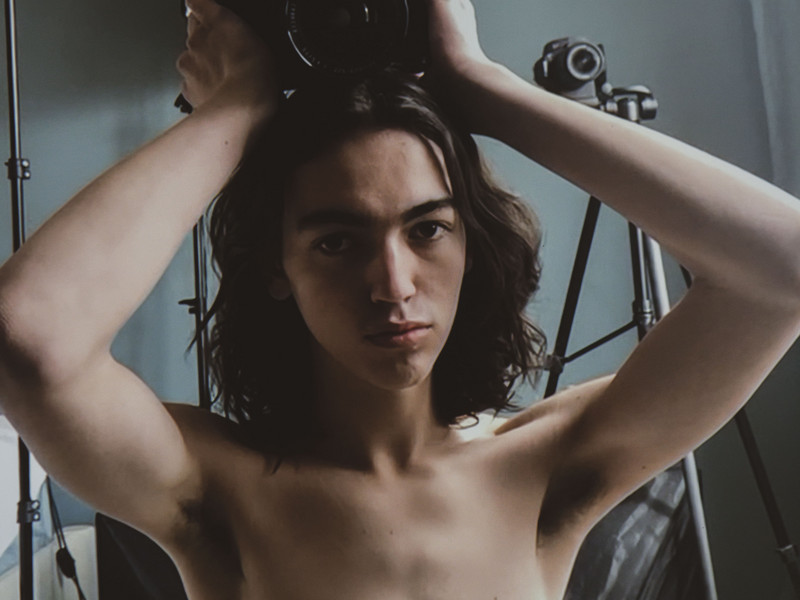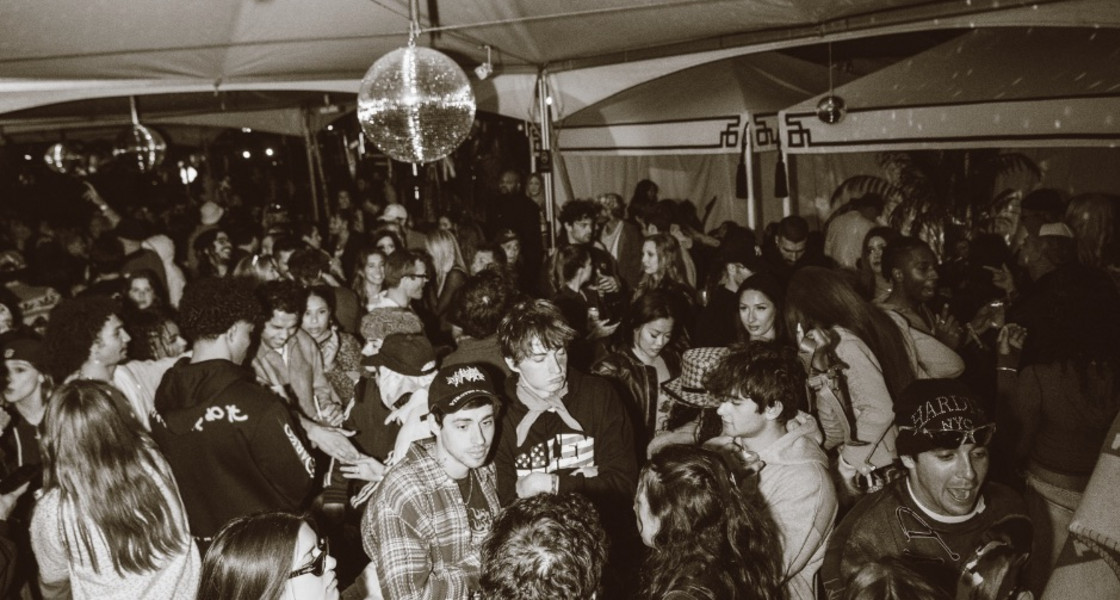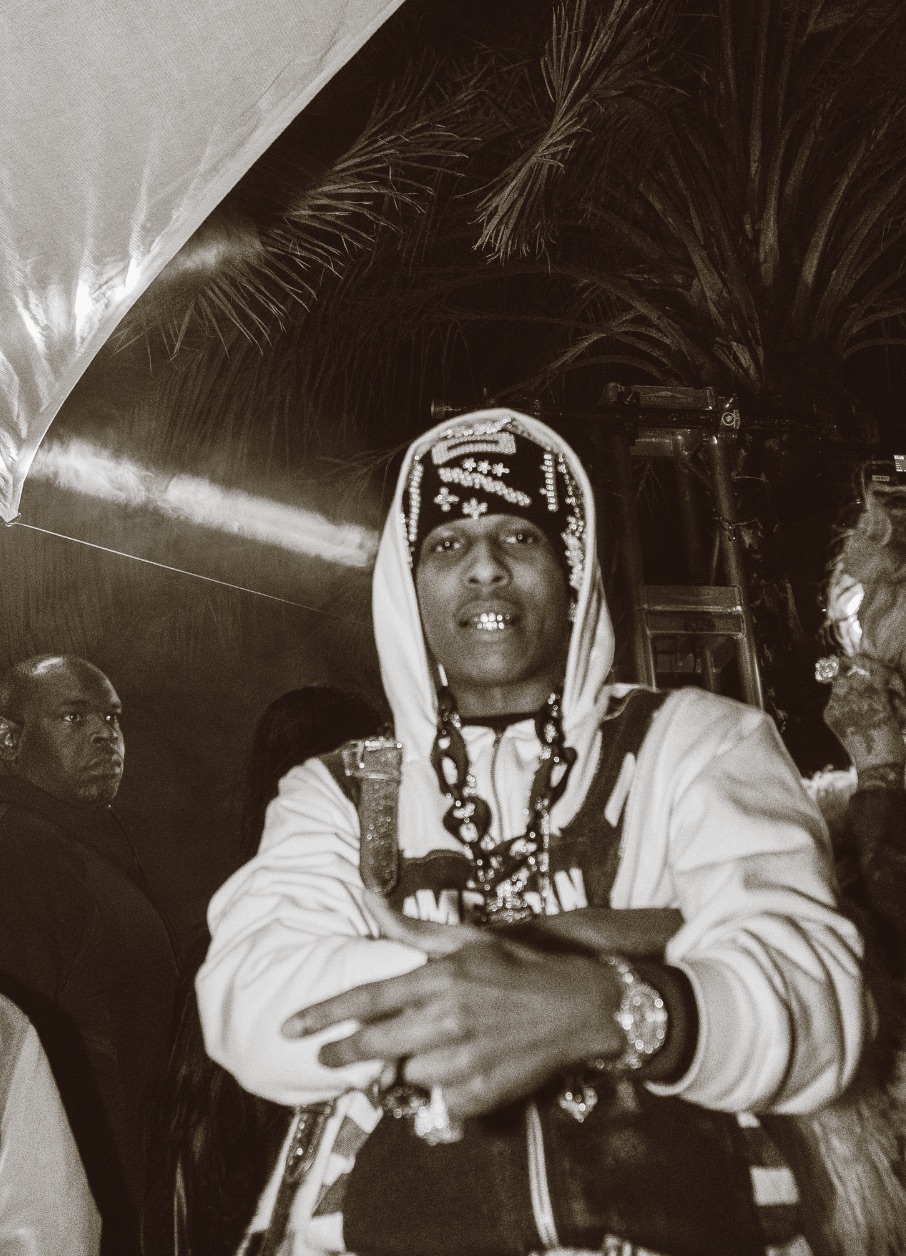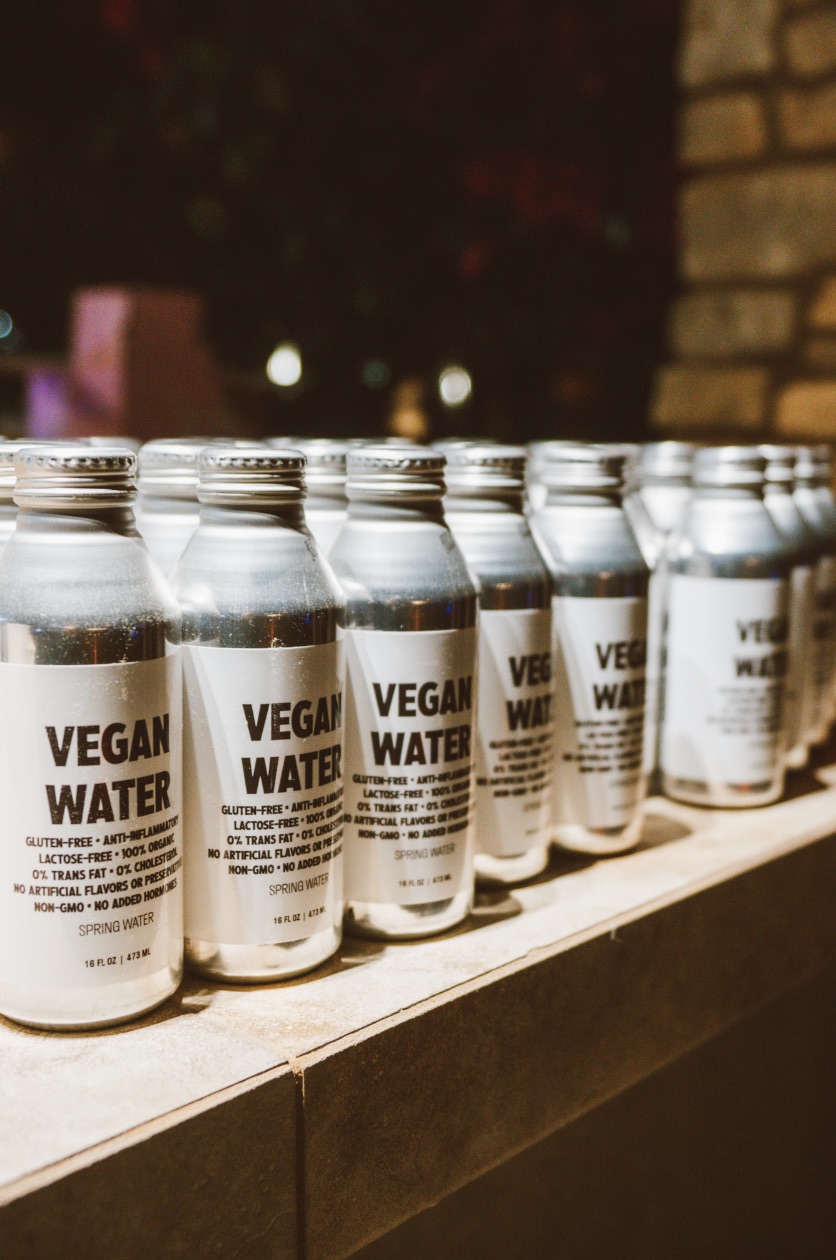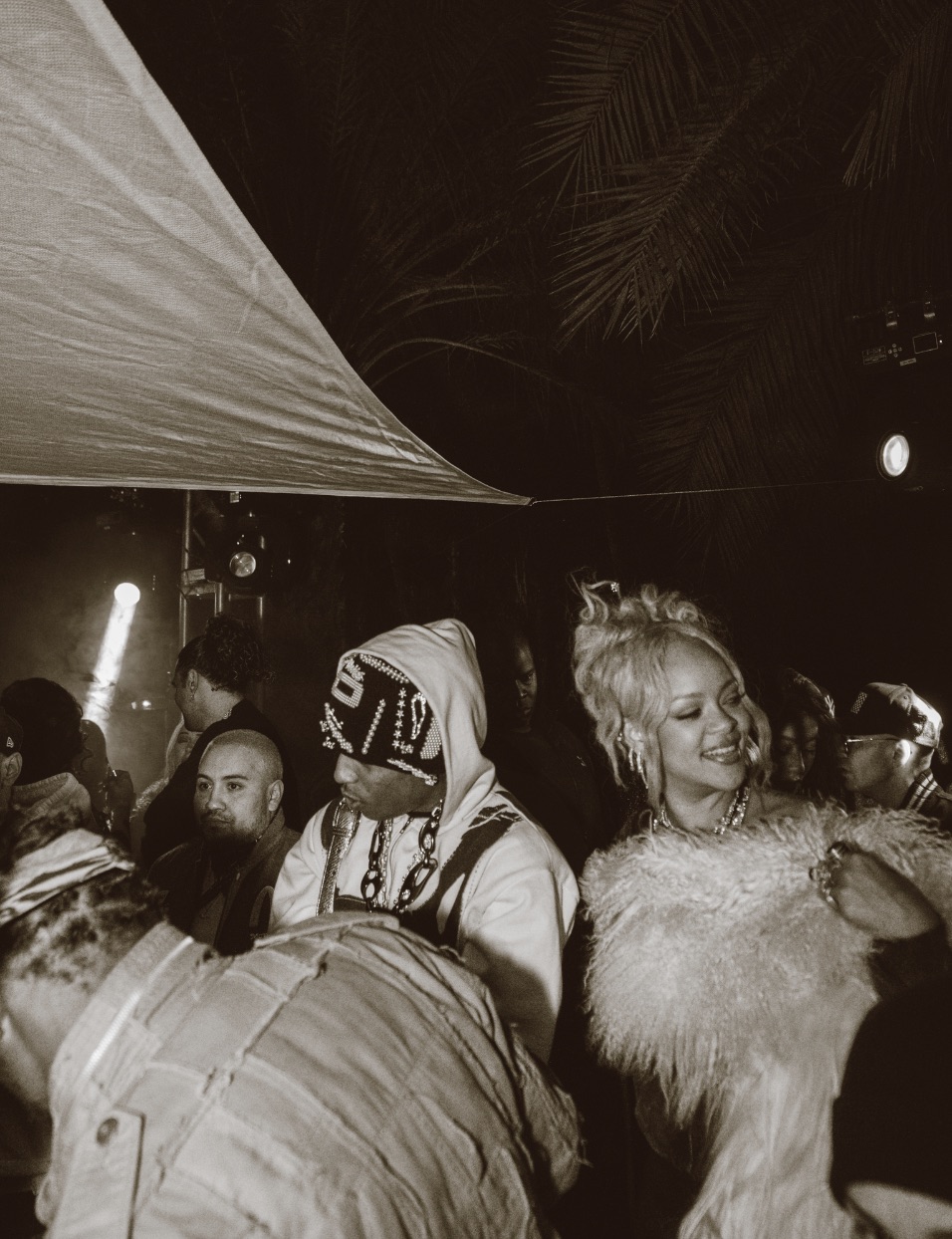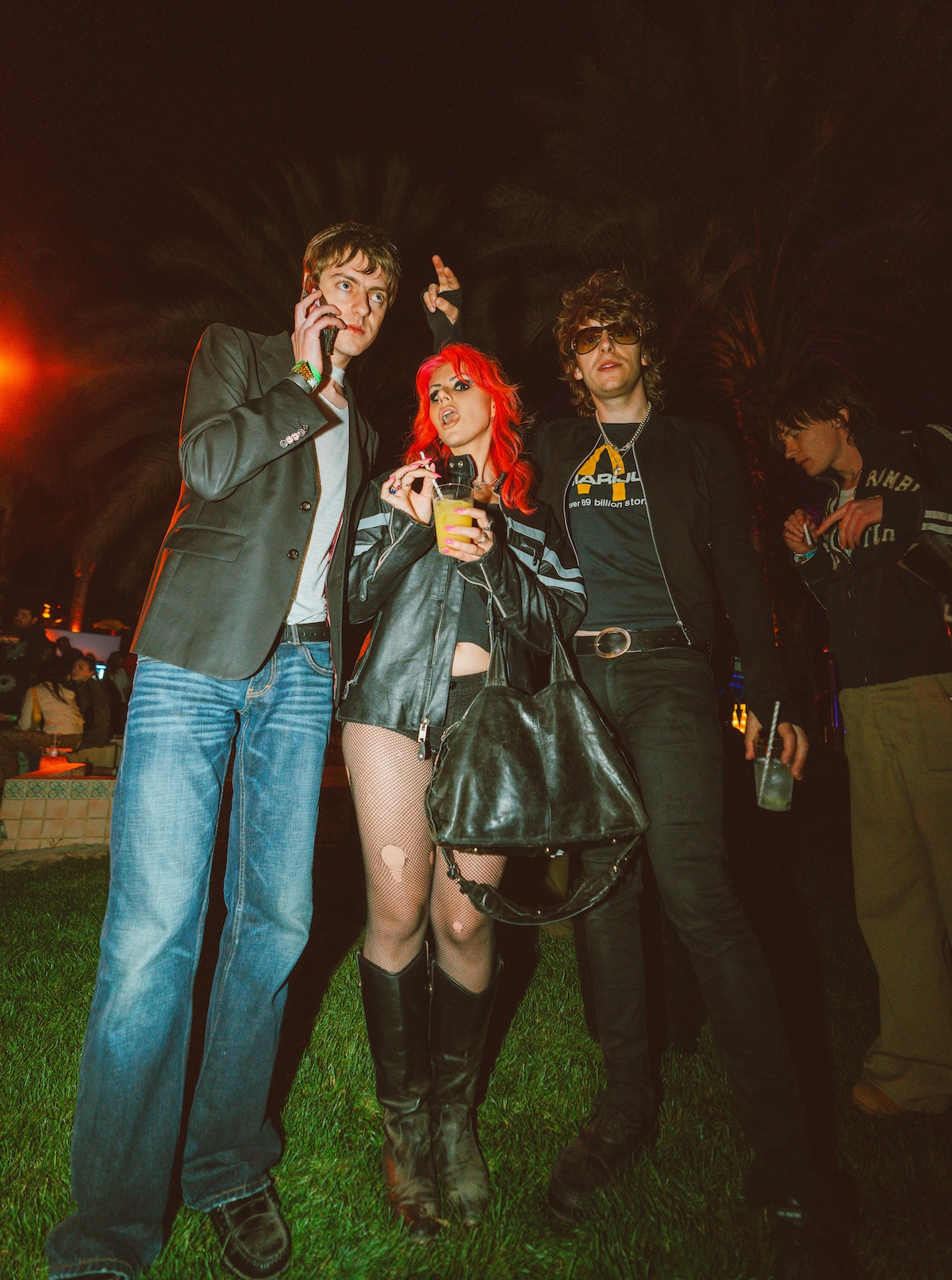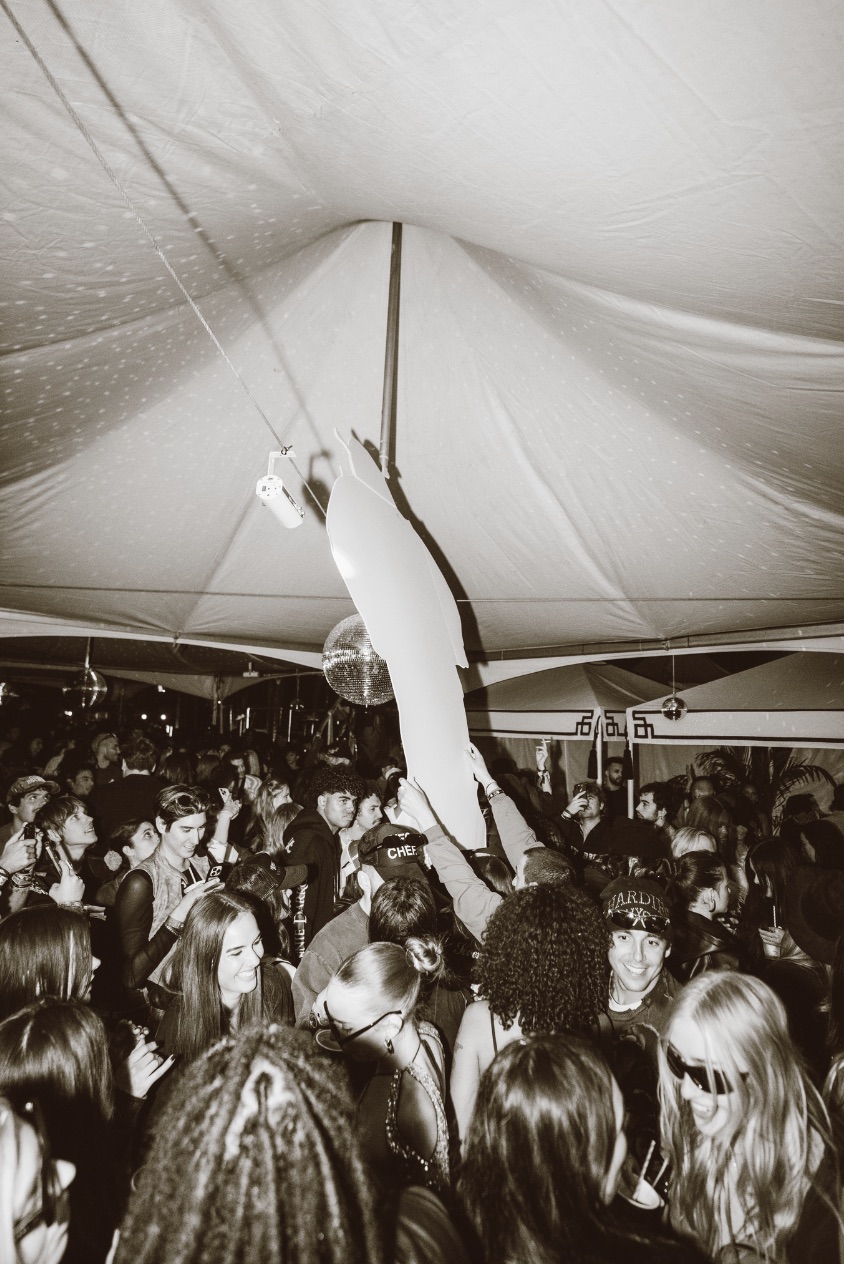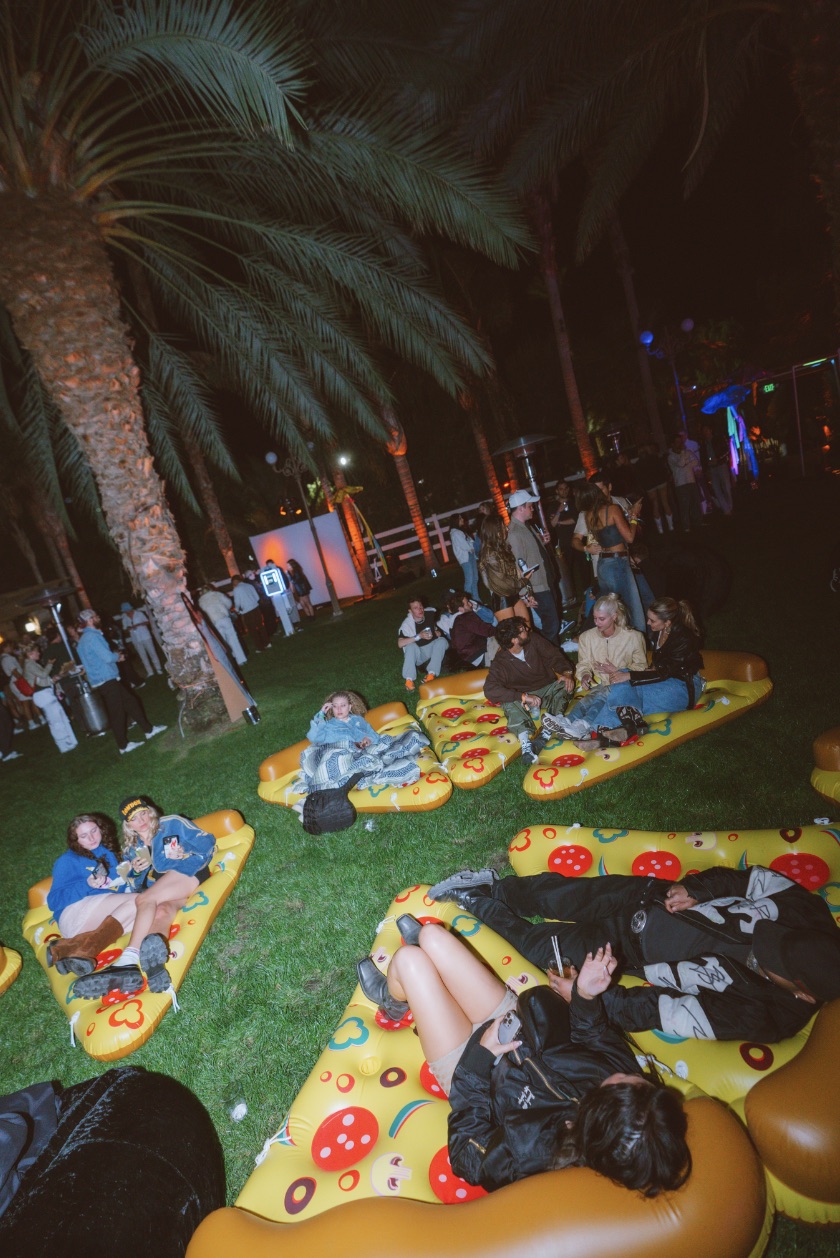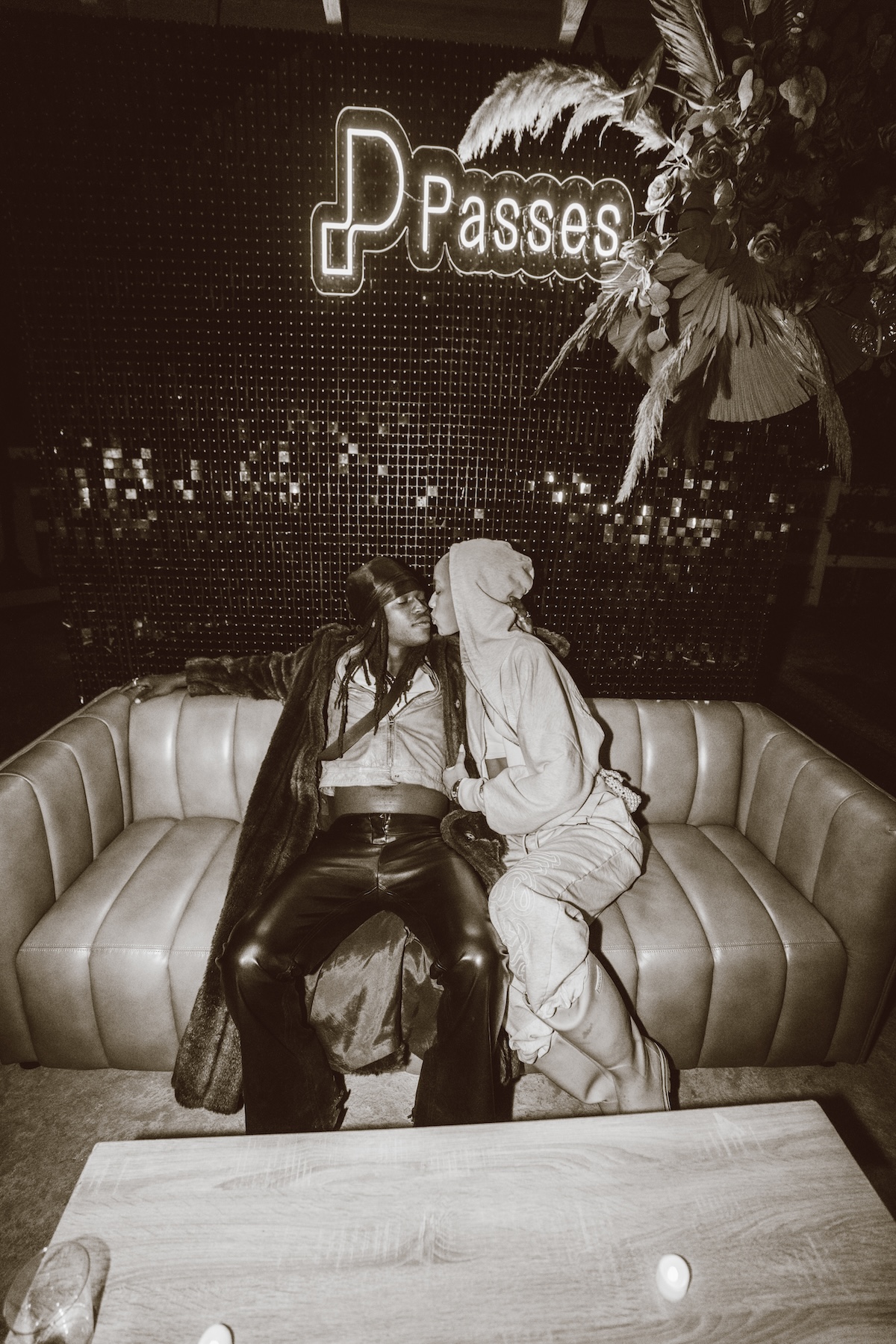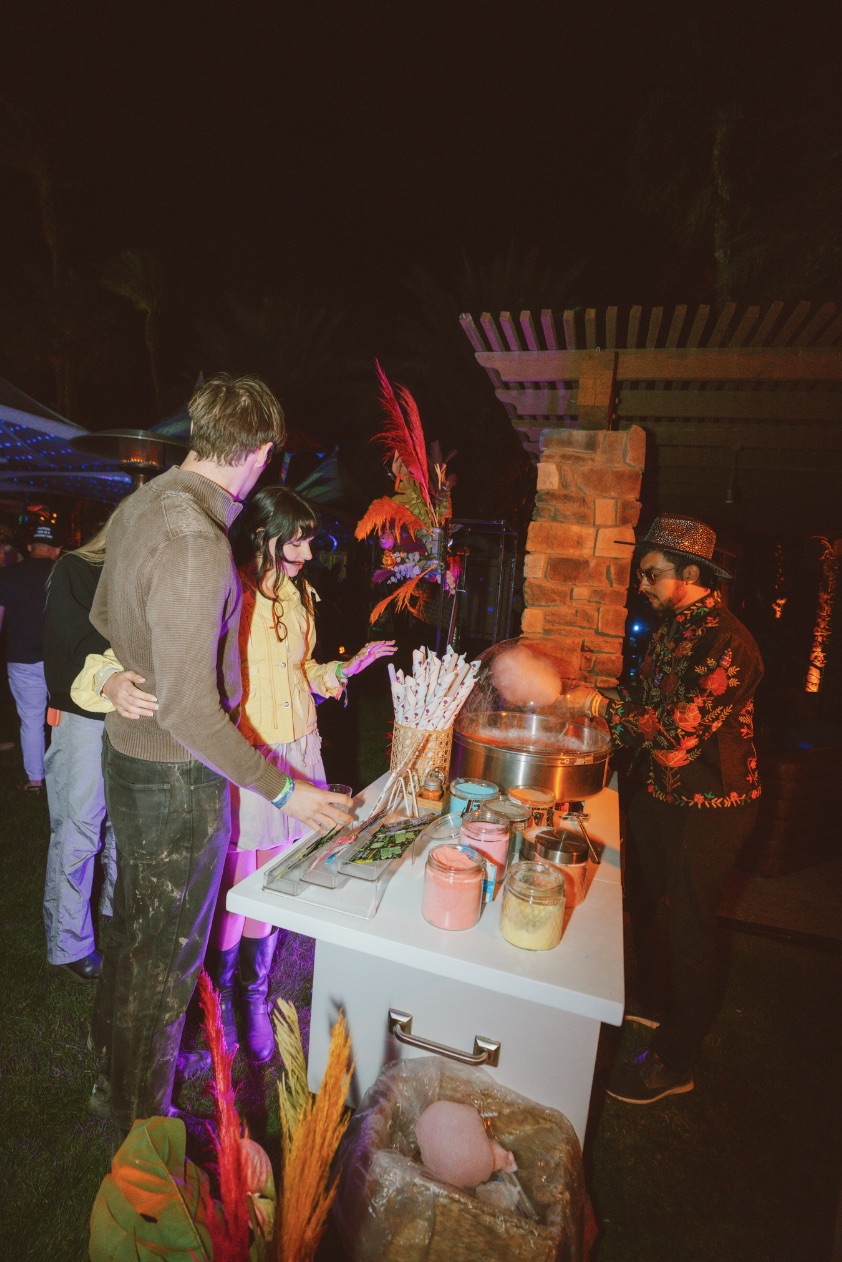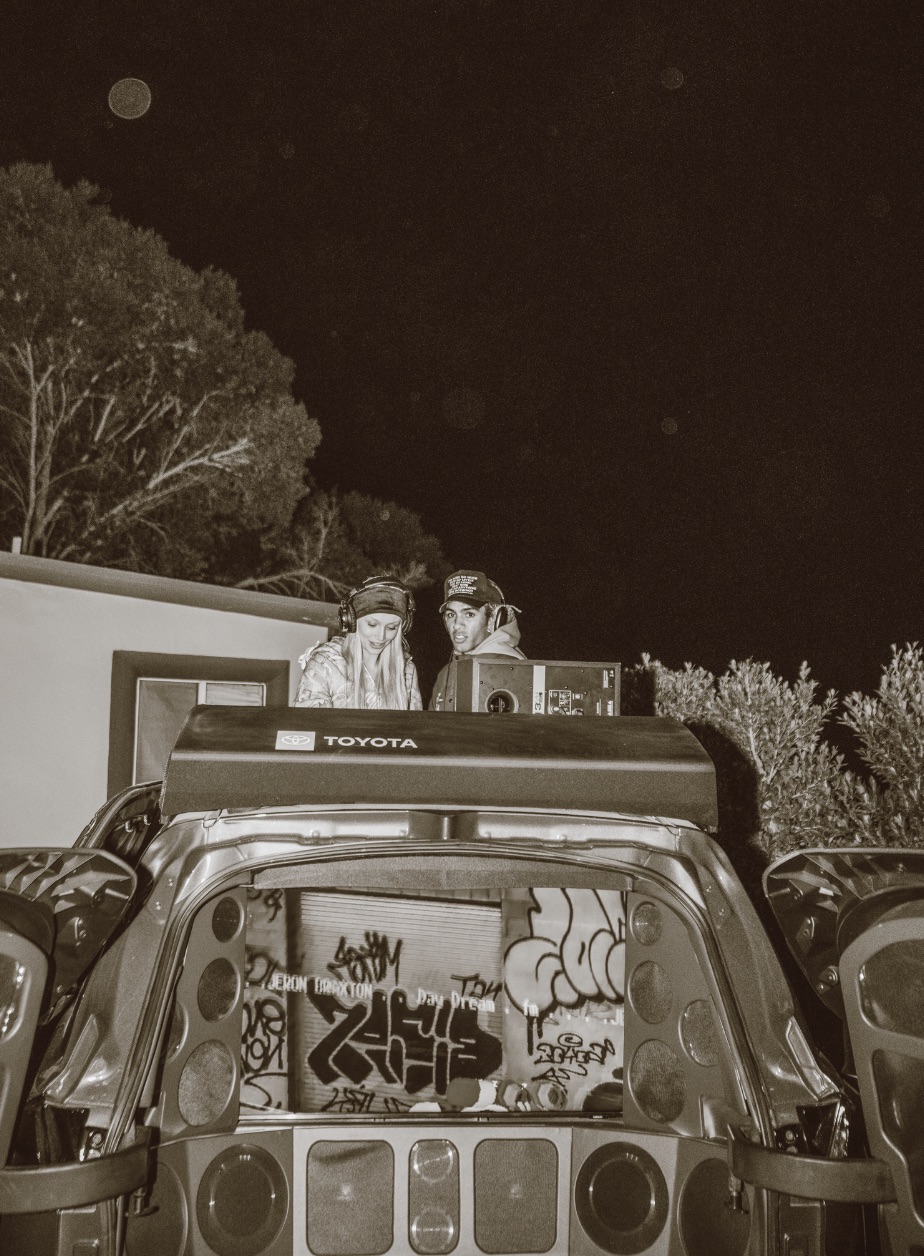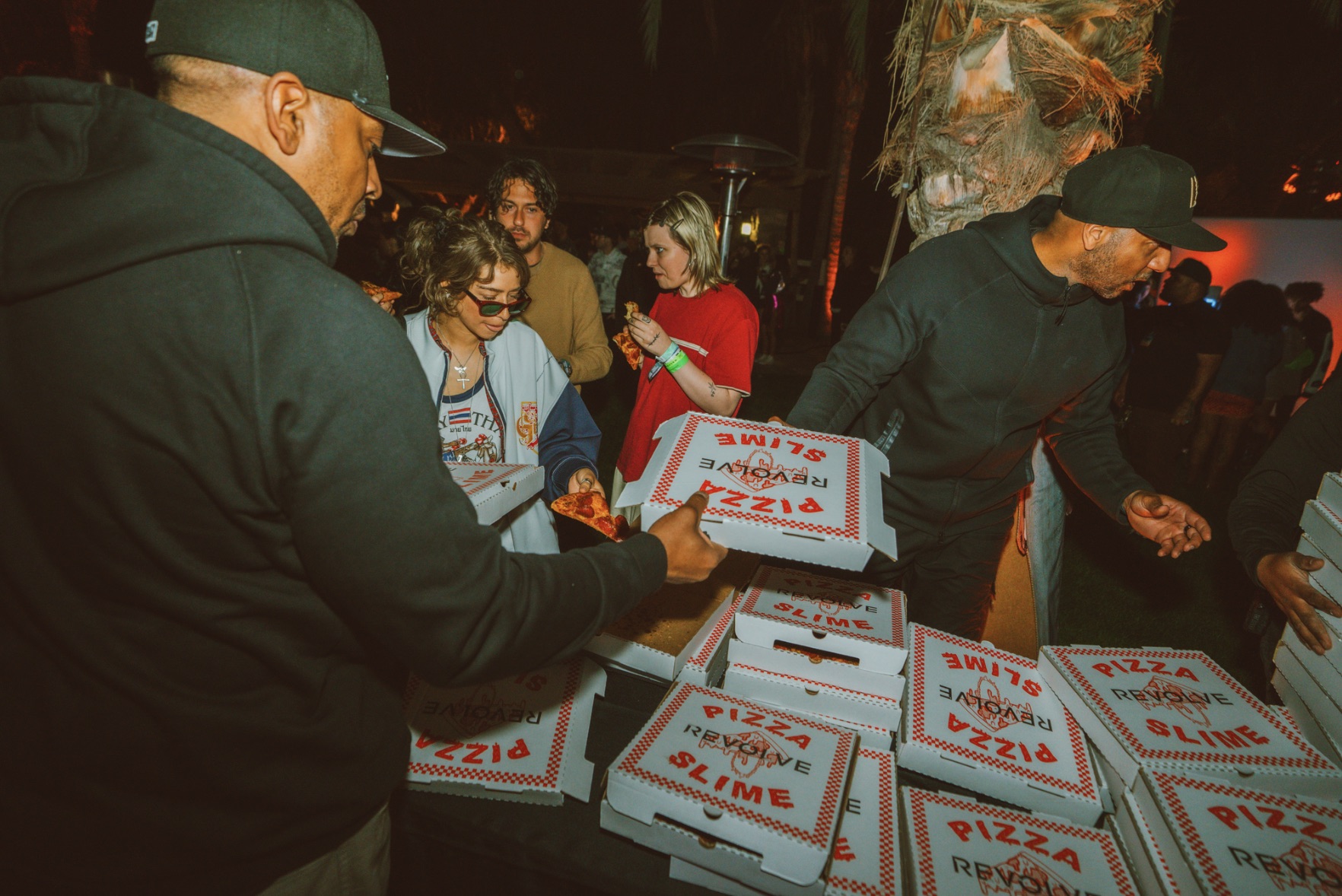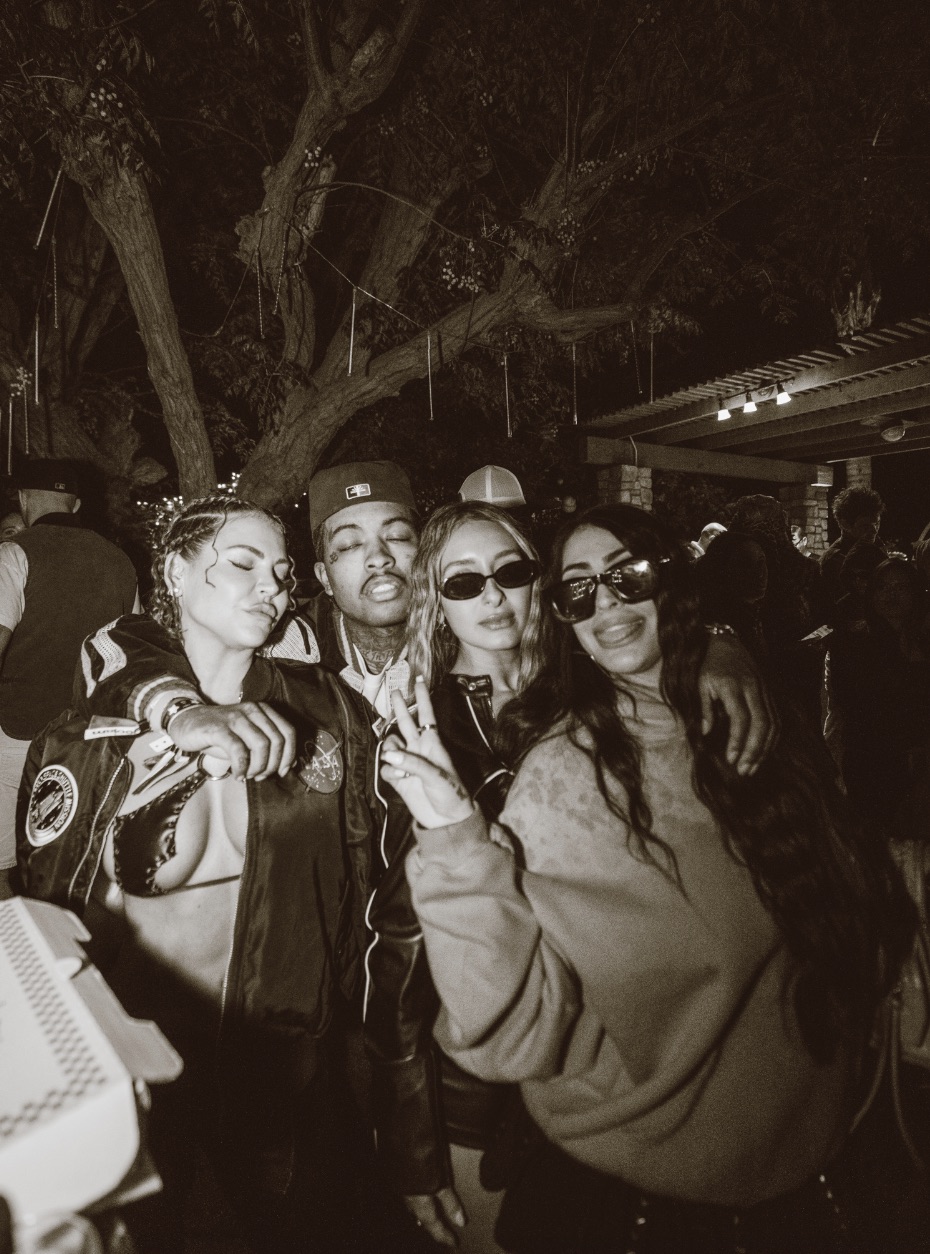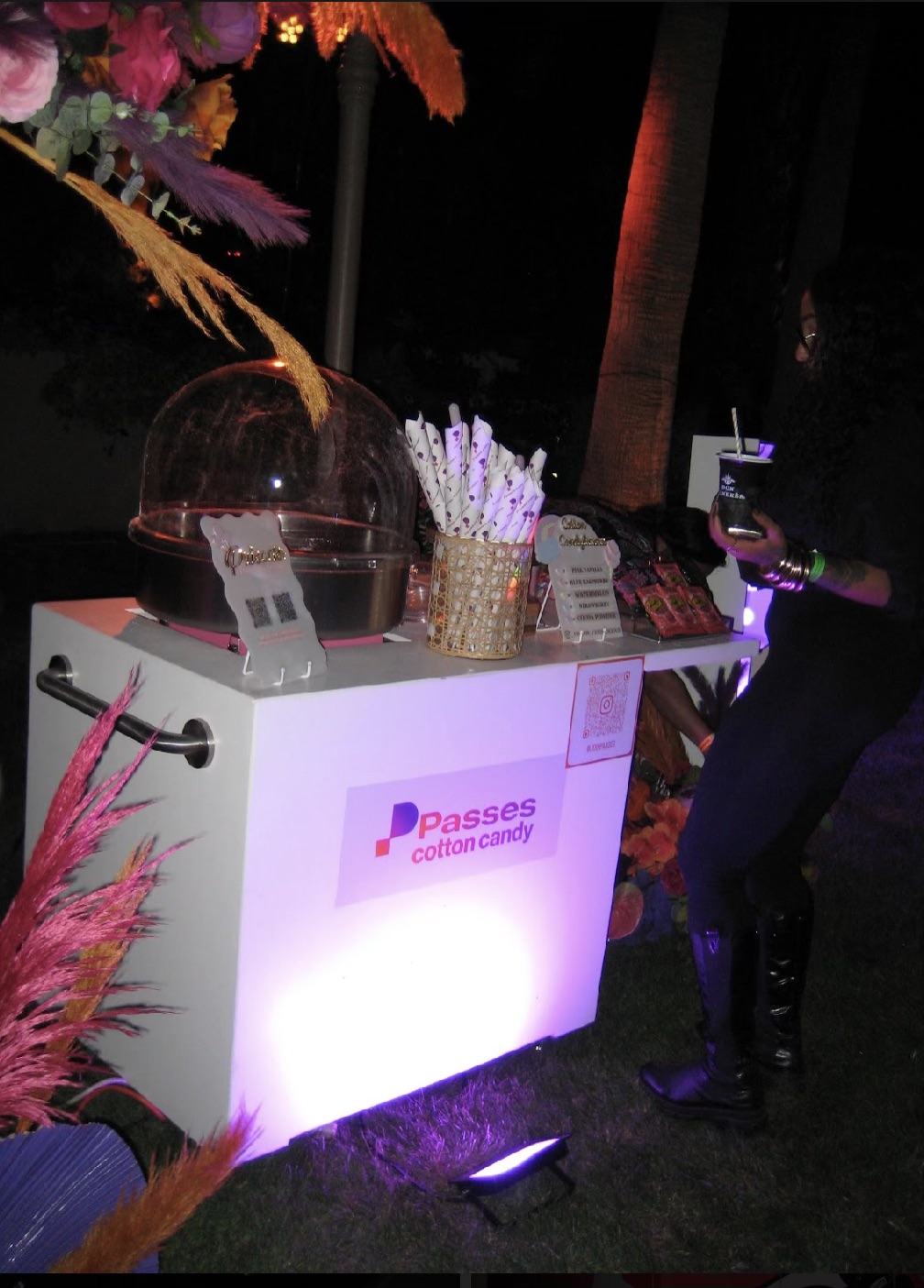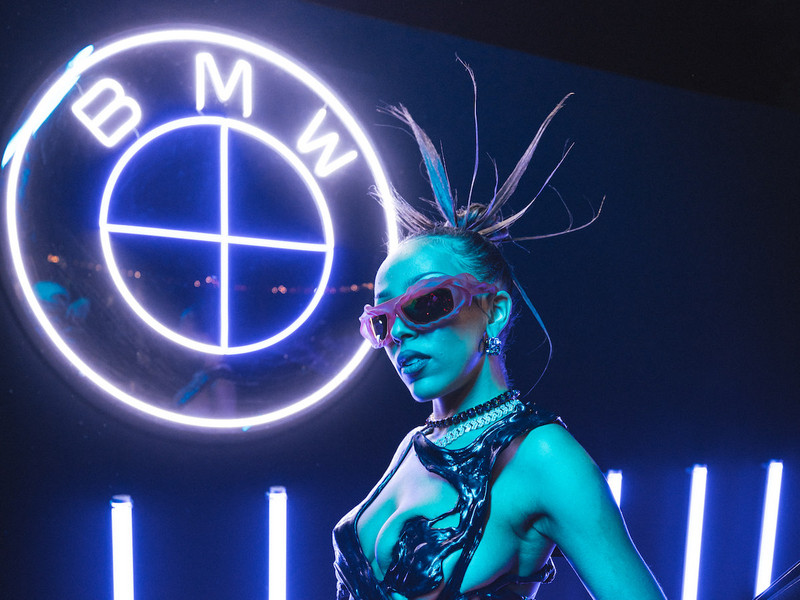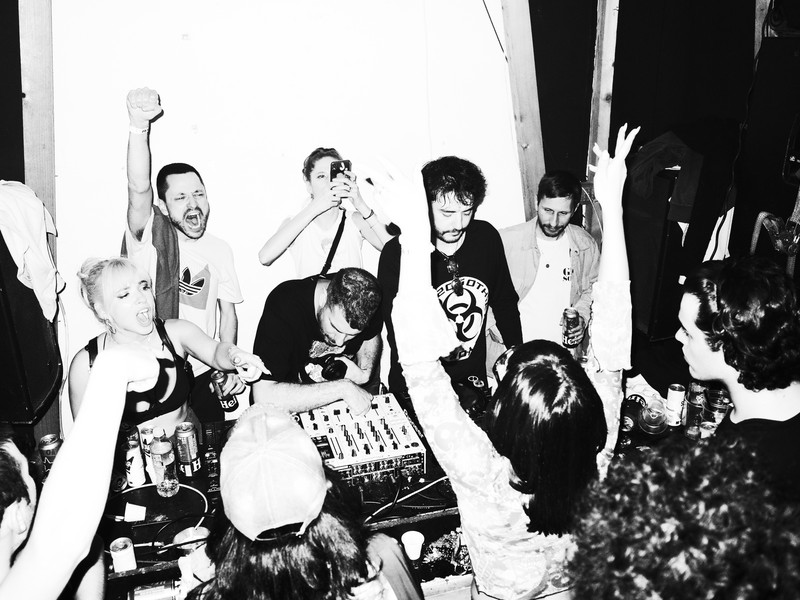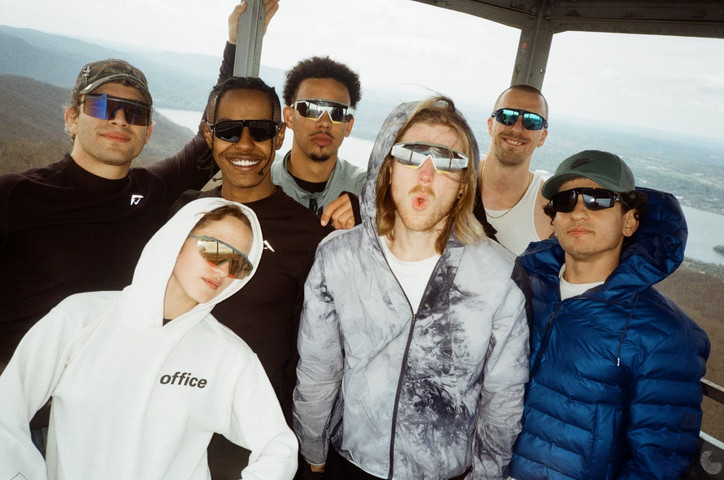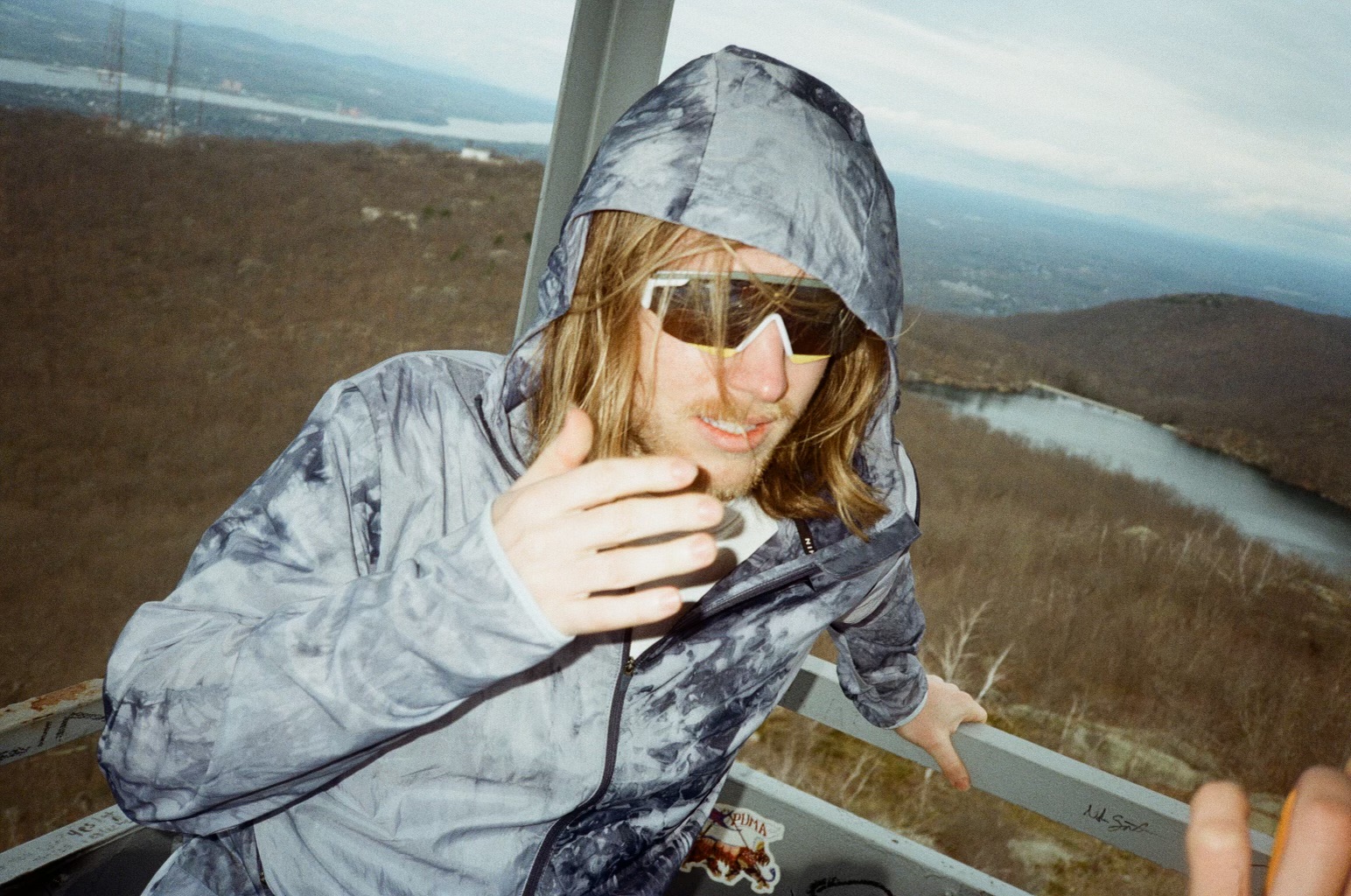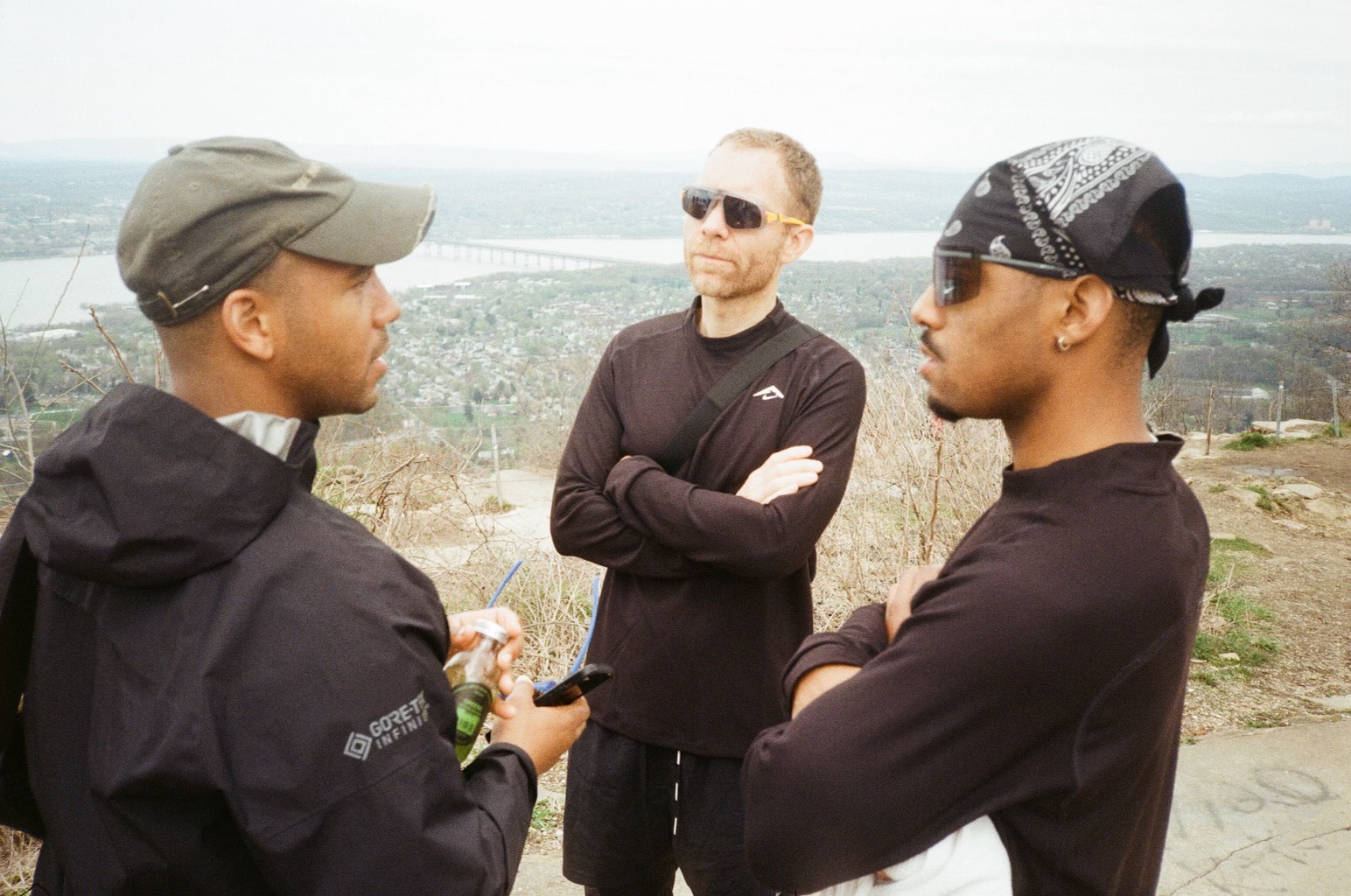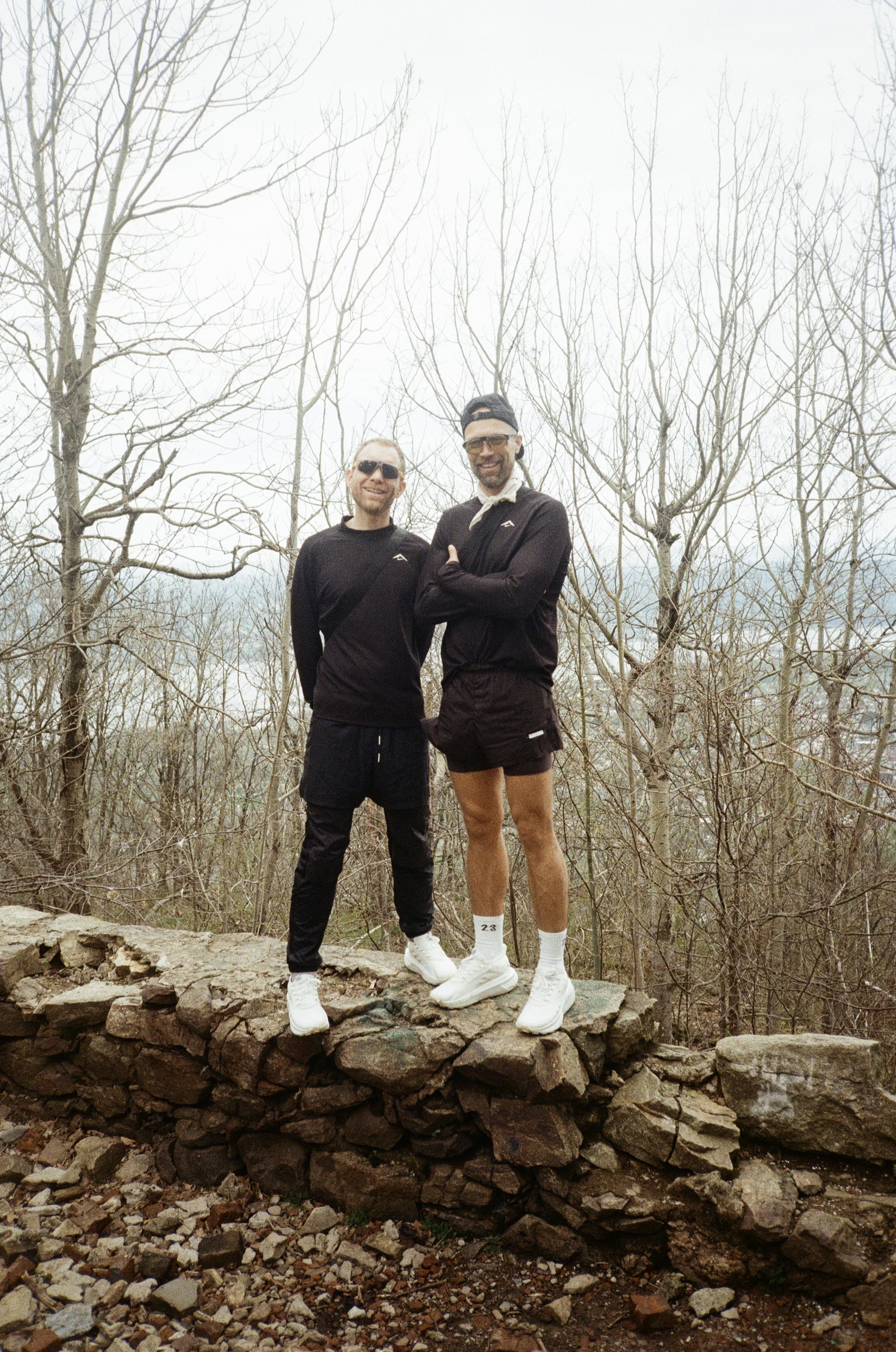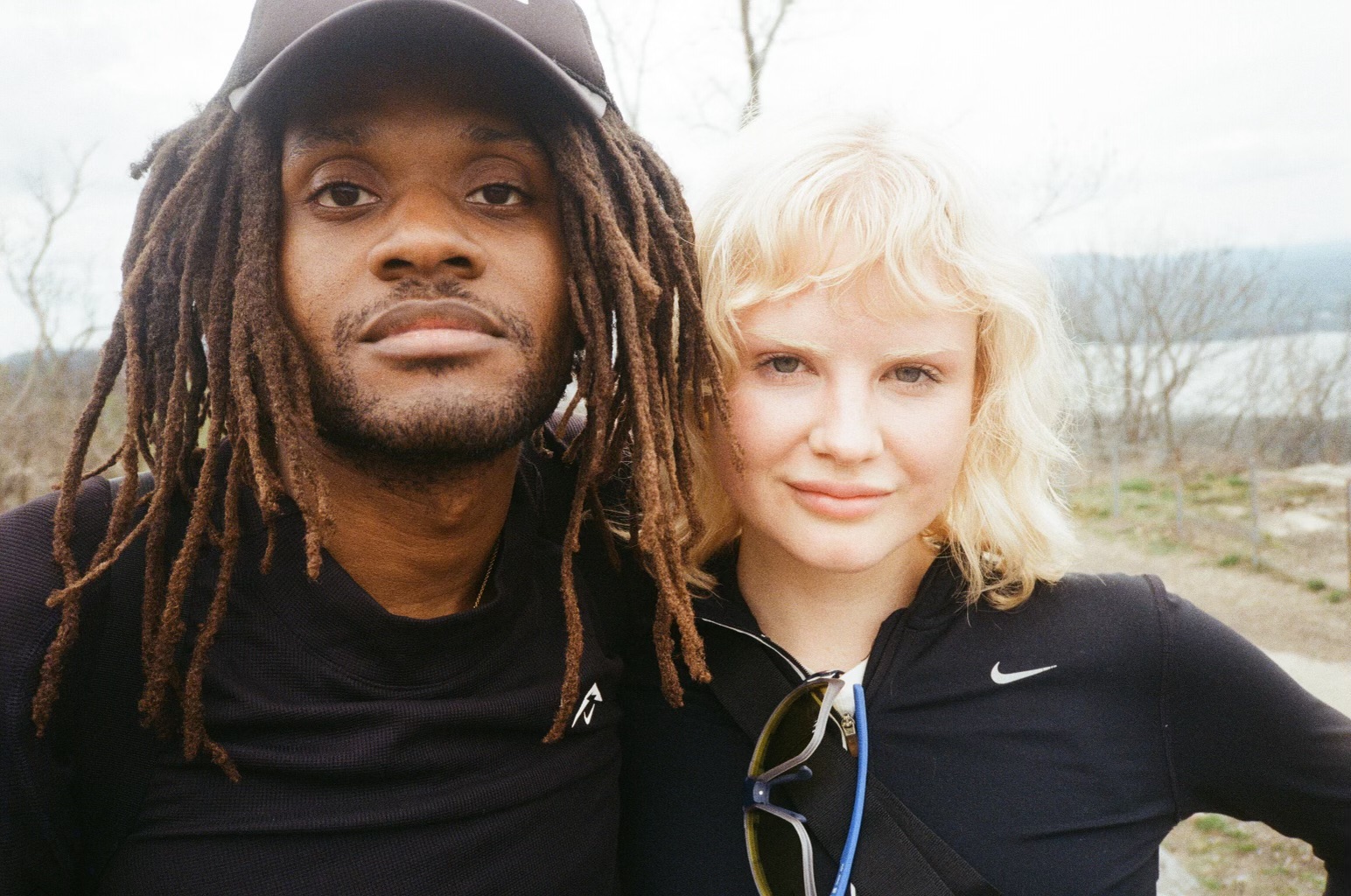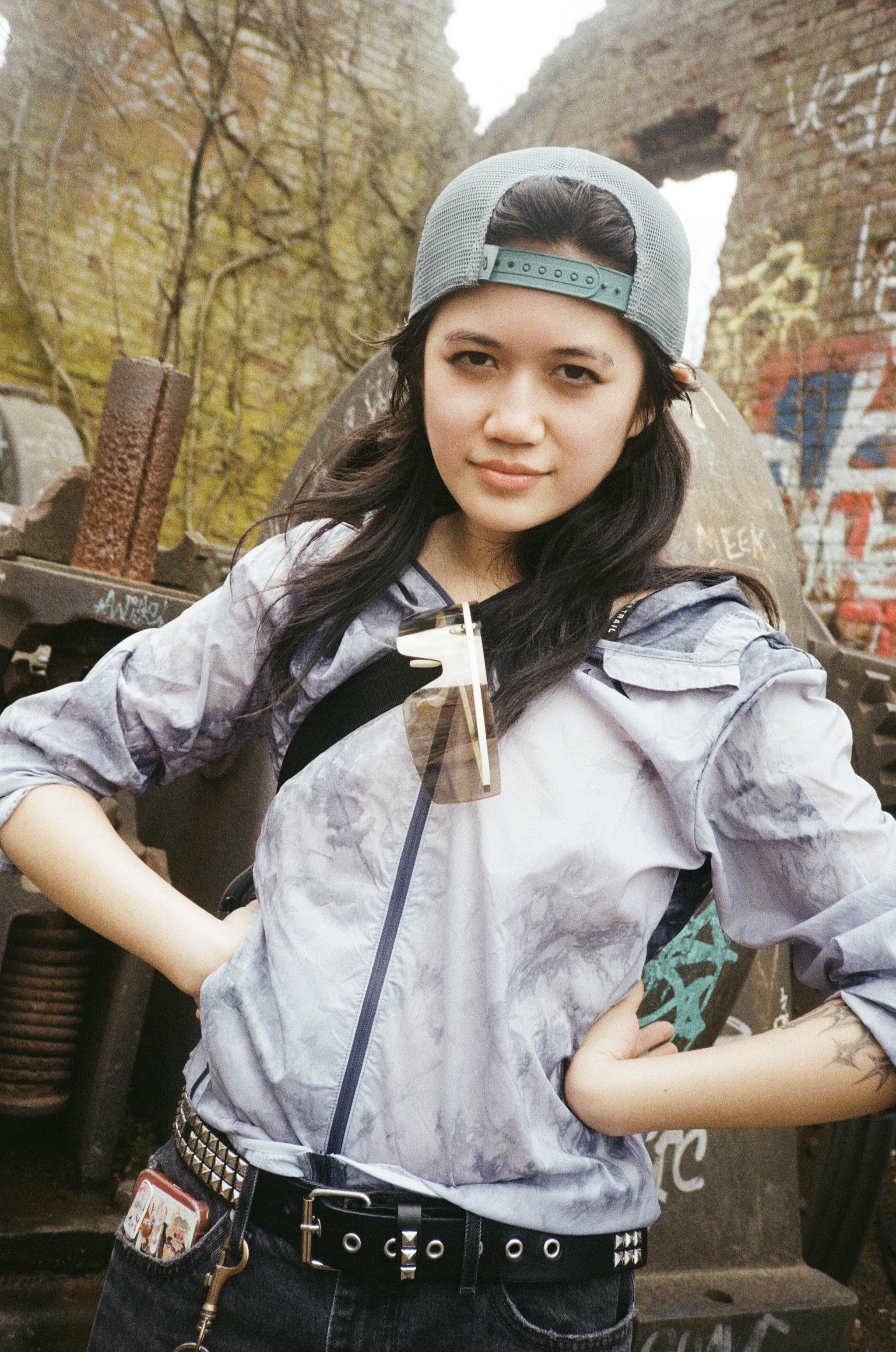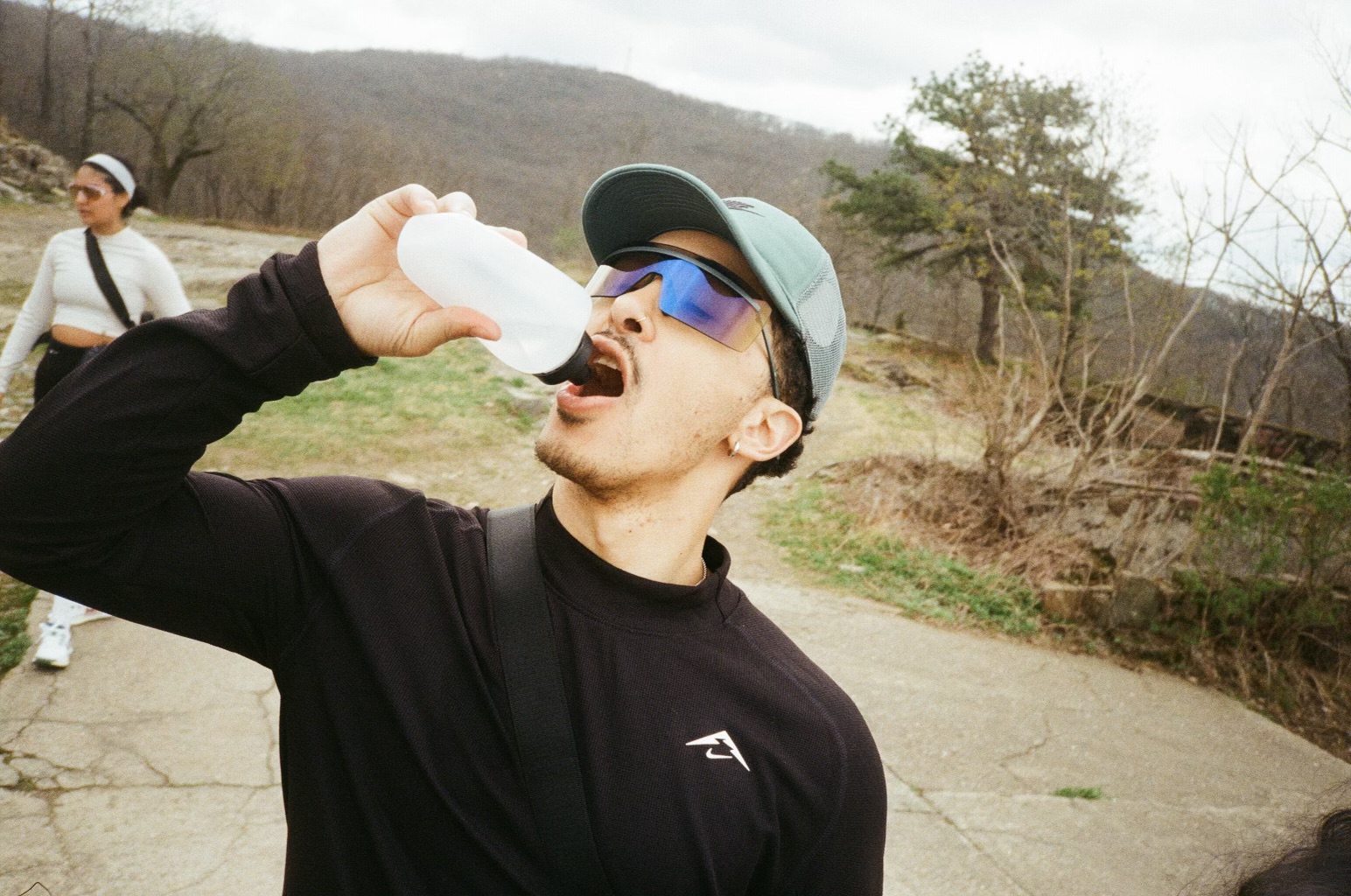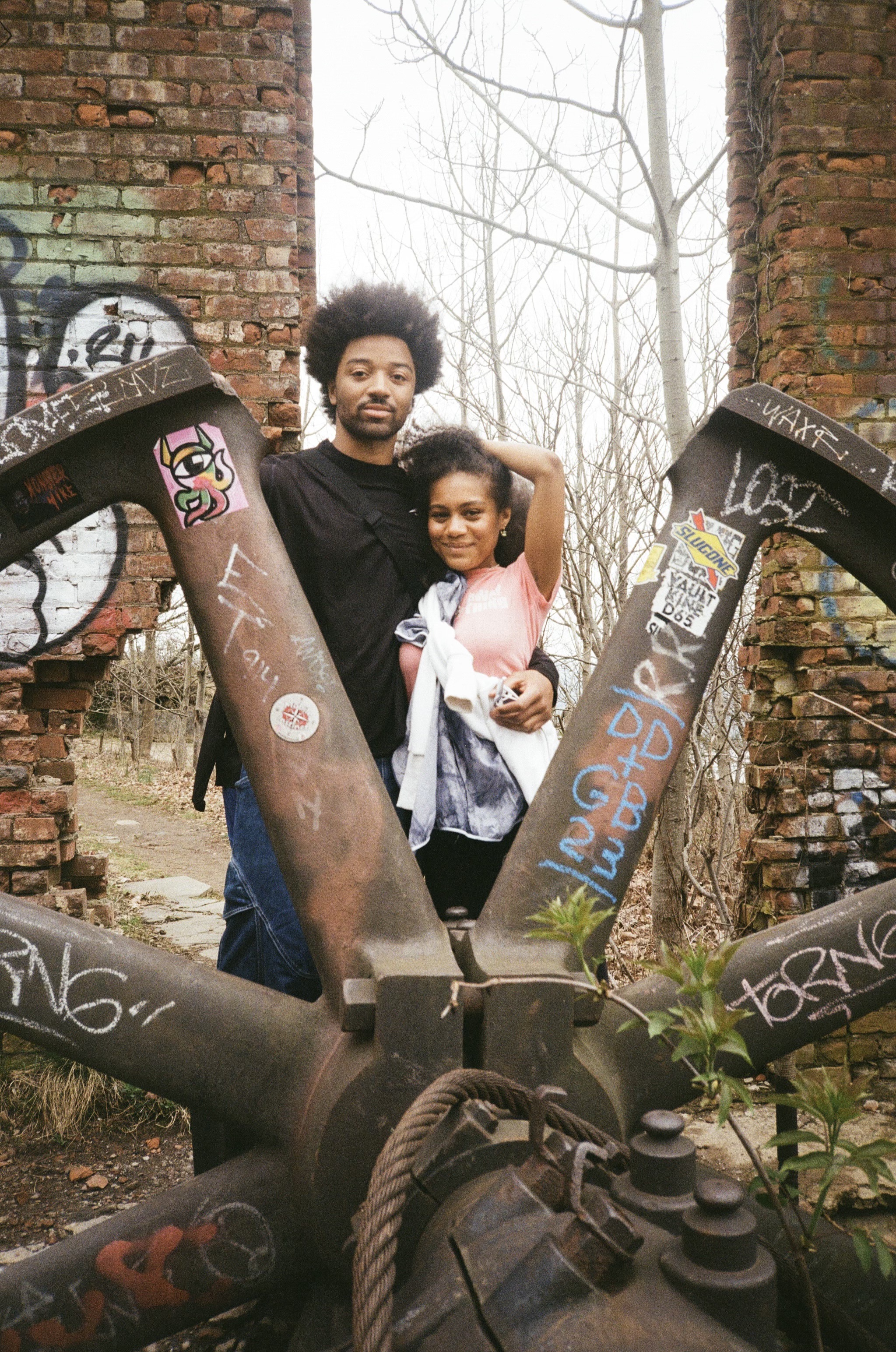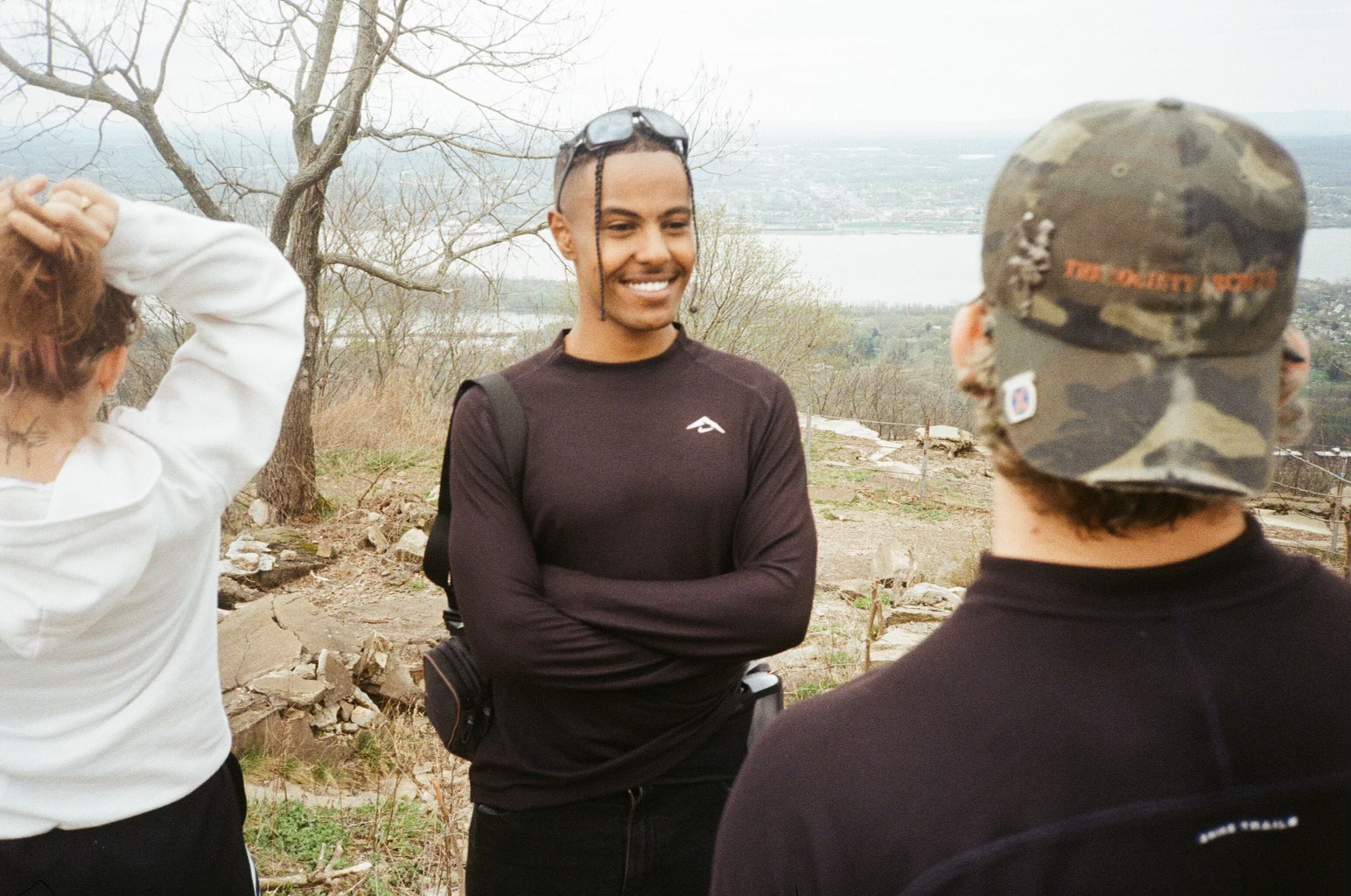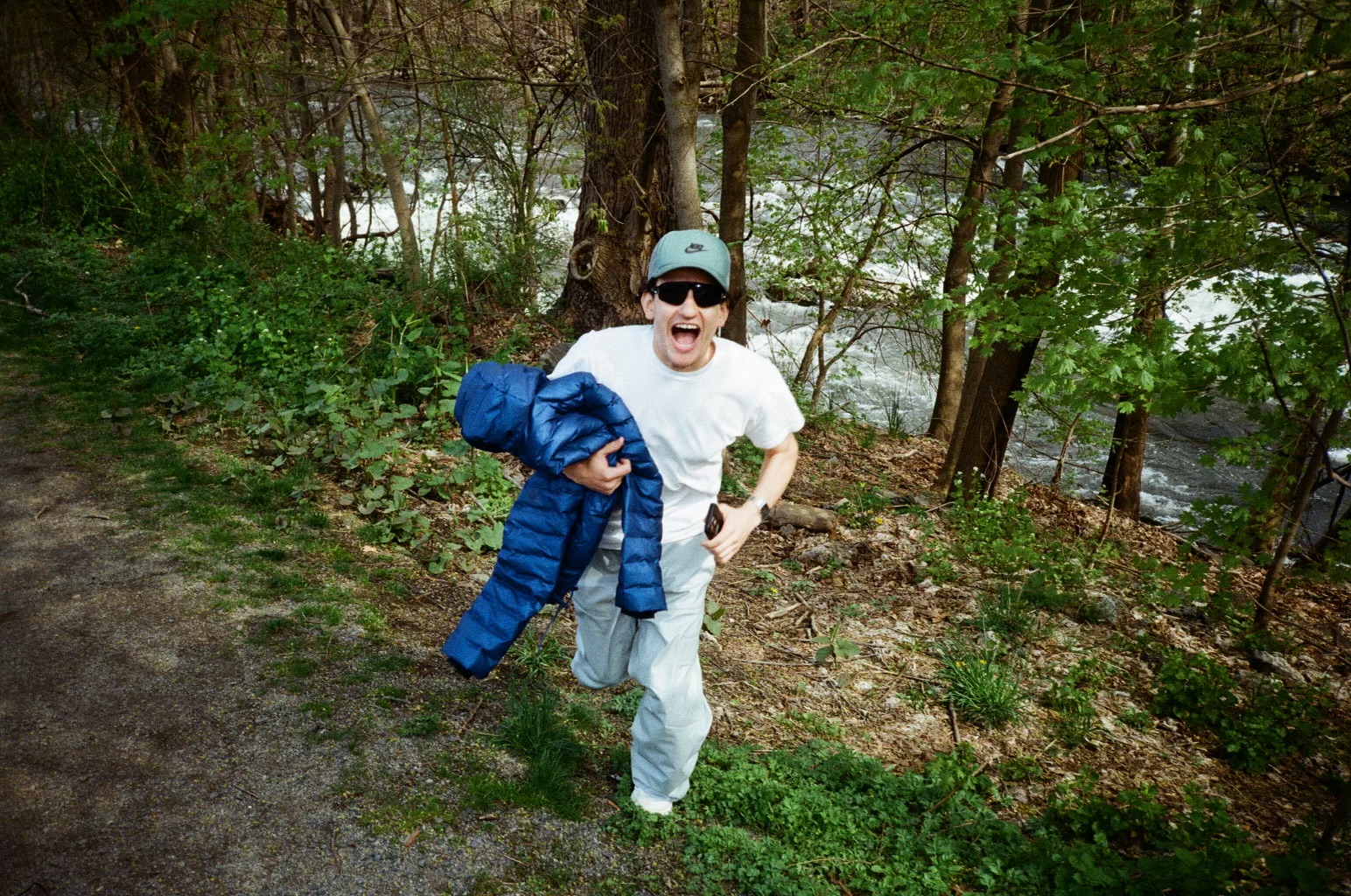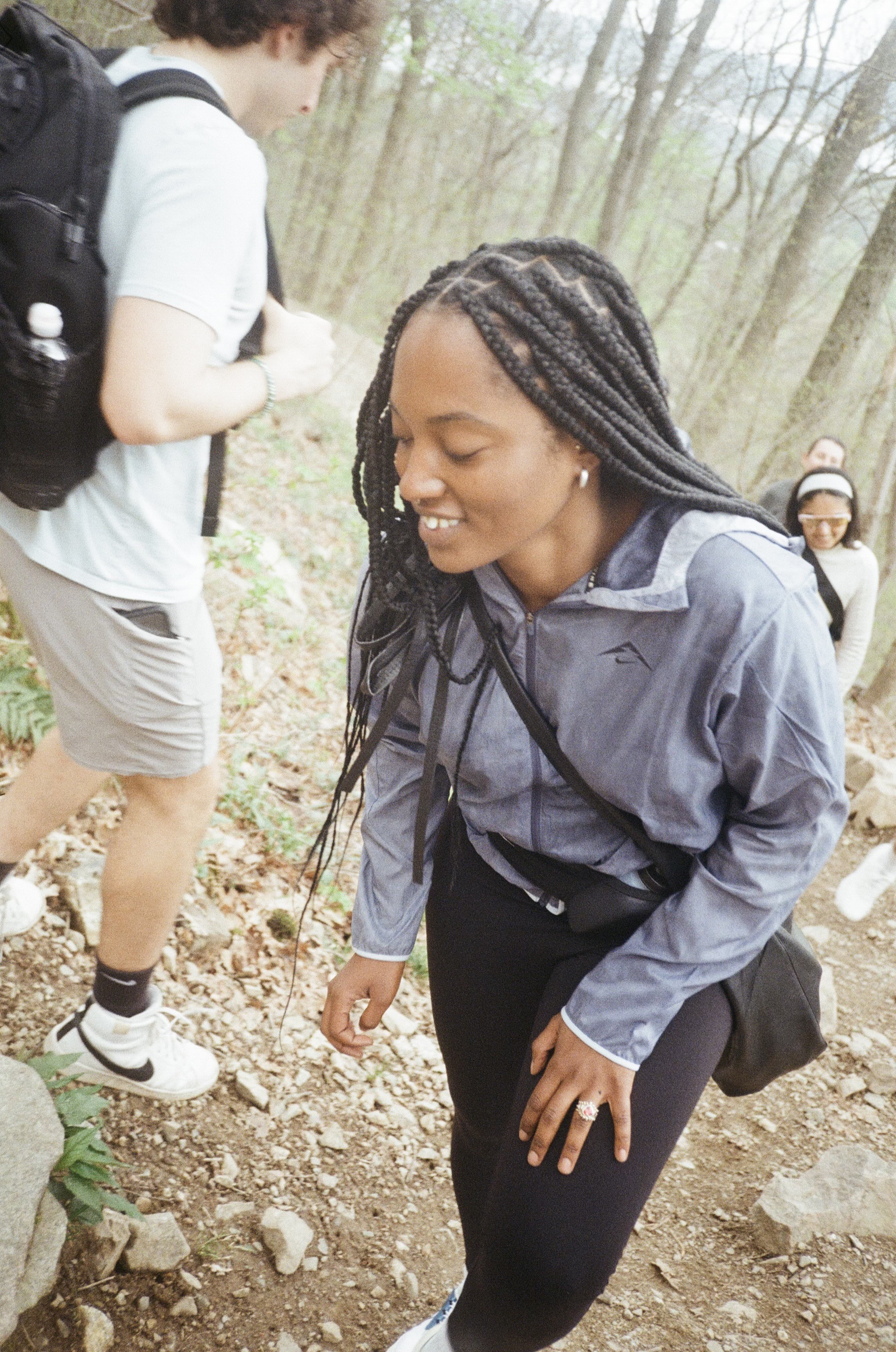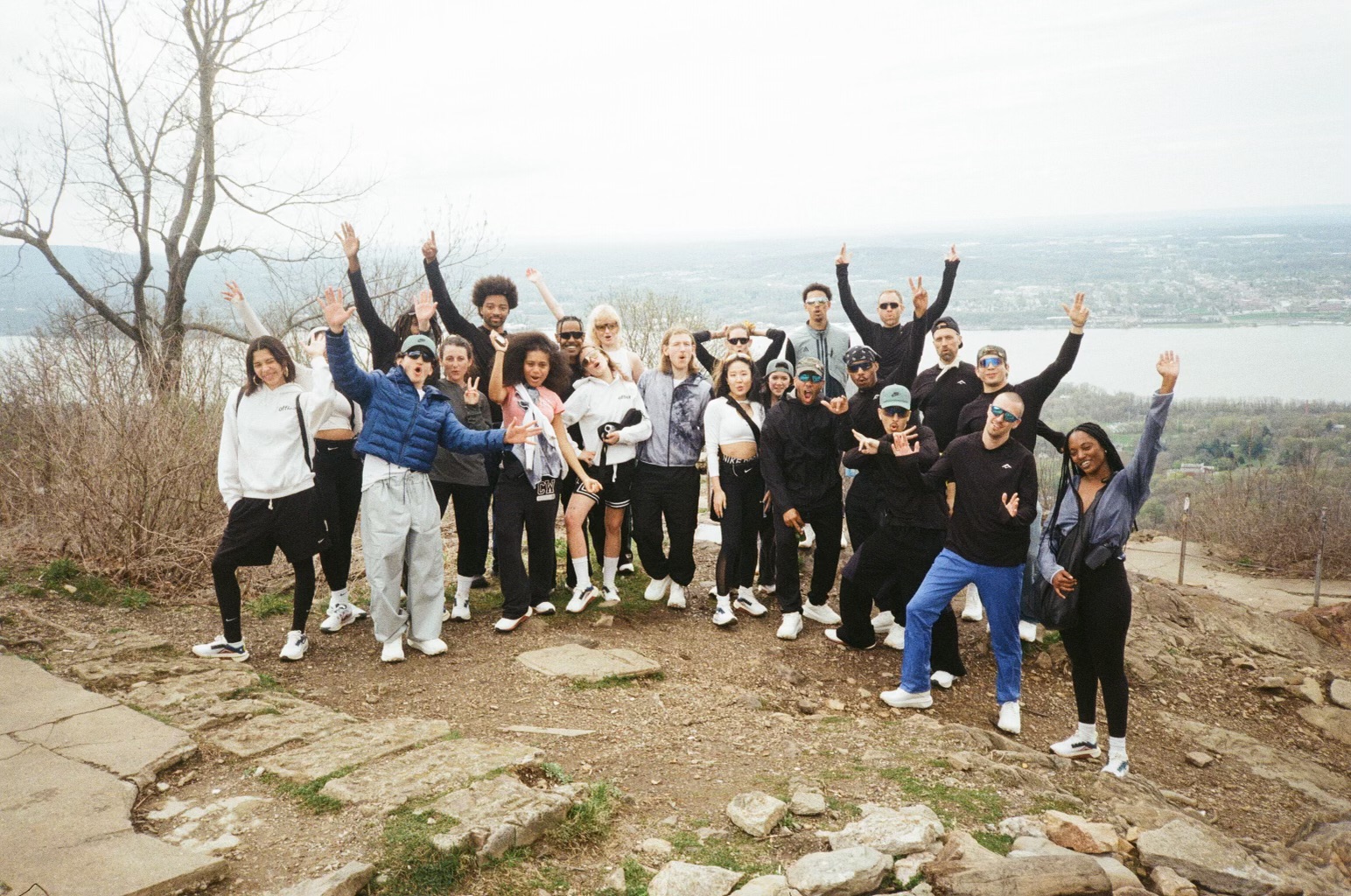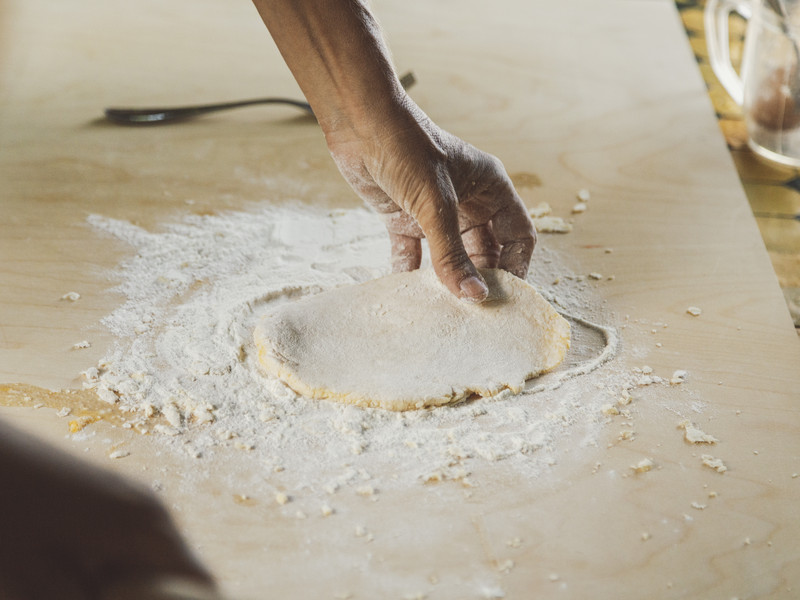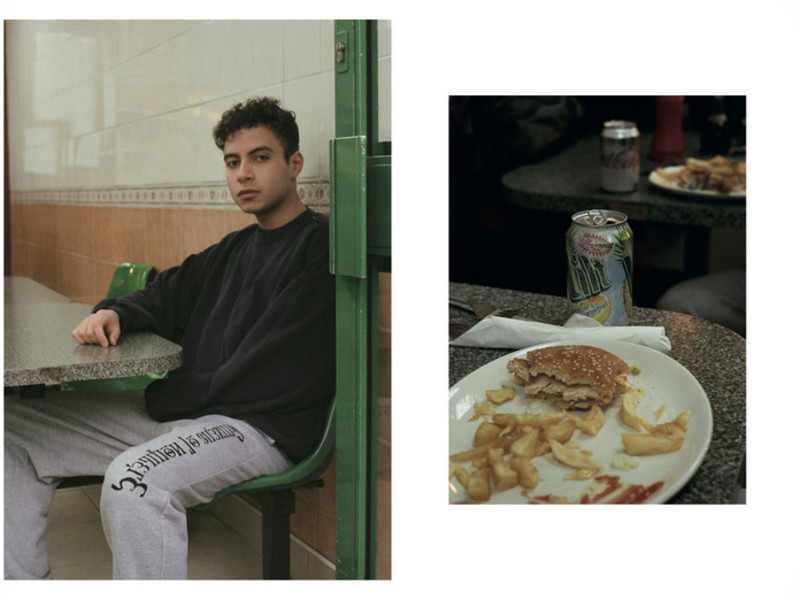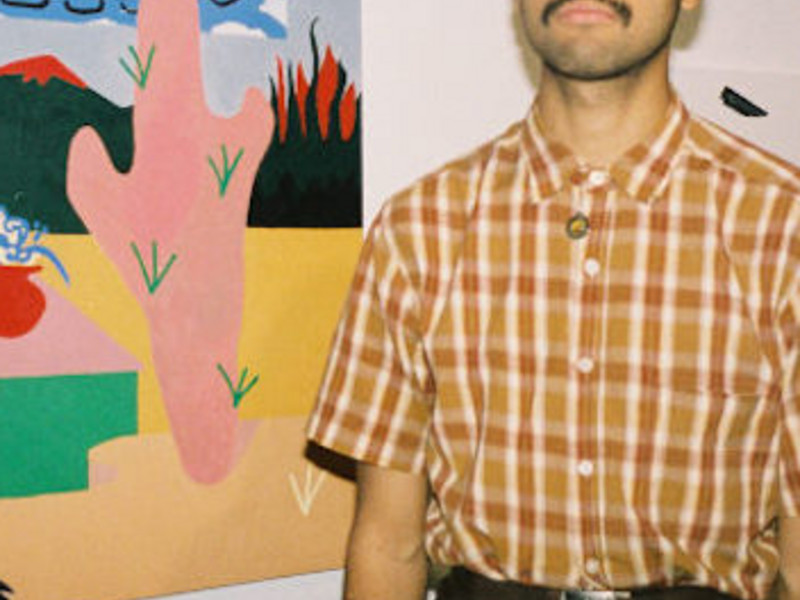Siddiq Saunderson's Come up
At Carnegie Mellon University, he was able to befriend Black actors who reflected the same calling and anointing as him. They bustled into the New York streets together, ready to take each night on, and ready to be thrown into the world of acting. These nights held sentimental weight, but eventually, he felt it was necessary to move to Los Angeles. When he arrived, he reveled in the drastic change of environment and pounced on the opportunity to become his best self.
He worked his way onto a couple of shows, and when he booked the role of Dennis Coles in Hulu’s Wu-Tang: An American Saga, he realized he was where he was supposed to be. Fast forward to now, he rests in the fruits of his labor, soaking in spiritual assurance, and preparing for the release of Wu-Tang’s second season
Tell me about your come-up.
I’m from Brooklyn, New York. Three generations in Brooklyn, New York. New Yorker through and through. I grew up acting in plays in elementary school and middle school and went to a performing arts school in Brooklyn. Eventually, I got into a college called Carnegie University which is one of the top acting programs in the world. Getting into a place like Carnegie was the deciding factor and when I knew that my dreams could become a reality. After school, I wanted something new. I decided to go to L.A. I went into a couple of auditions, booked a recurring role on a Netflix show, and a guest star spot on Boomerang for BET, and then the third time I was in the mix for producers and directors for Wu-Tang. This was kind of the breakout role for my career. To the outside eye, it may seem like a pretty fast come-up because I graduated in 2017. This shit is the tip of the iceberg, but underneath it, I’ve trained for a really long time. I‘ve been putting in the work. Everything else kind of came.
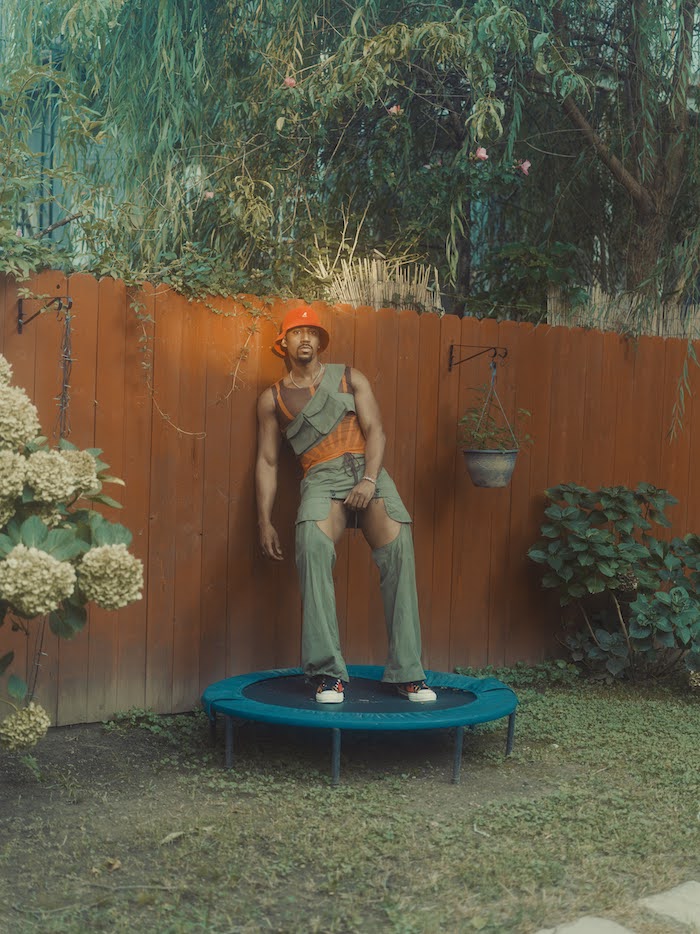
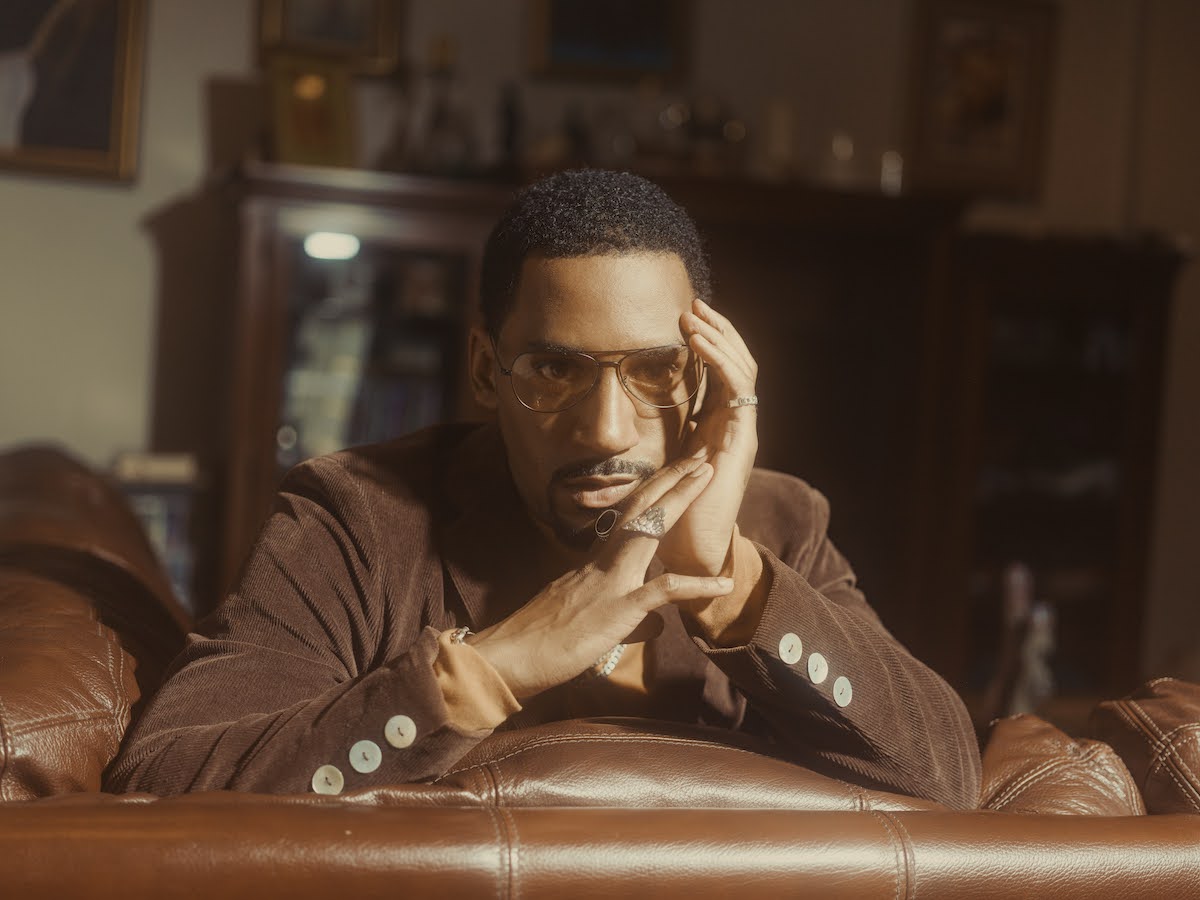
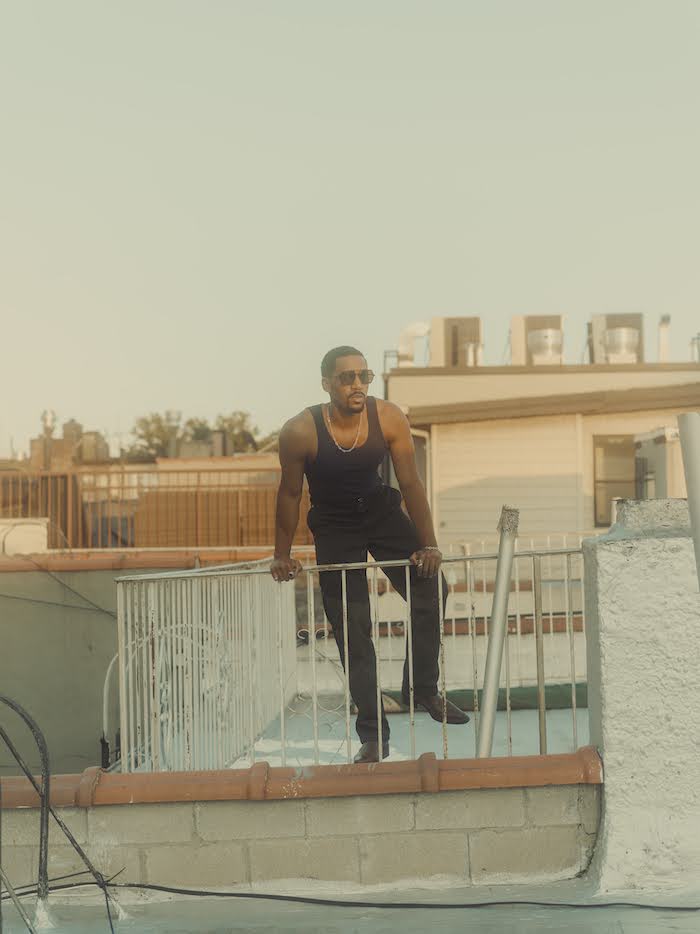
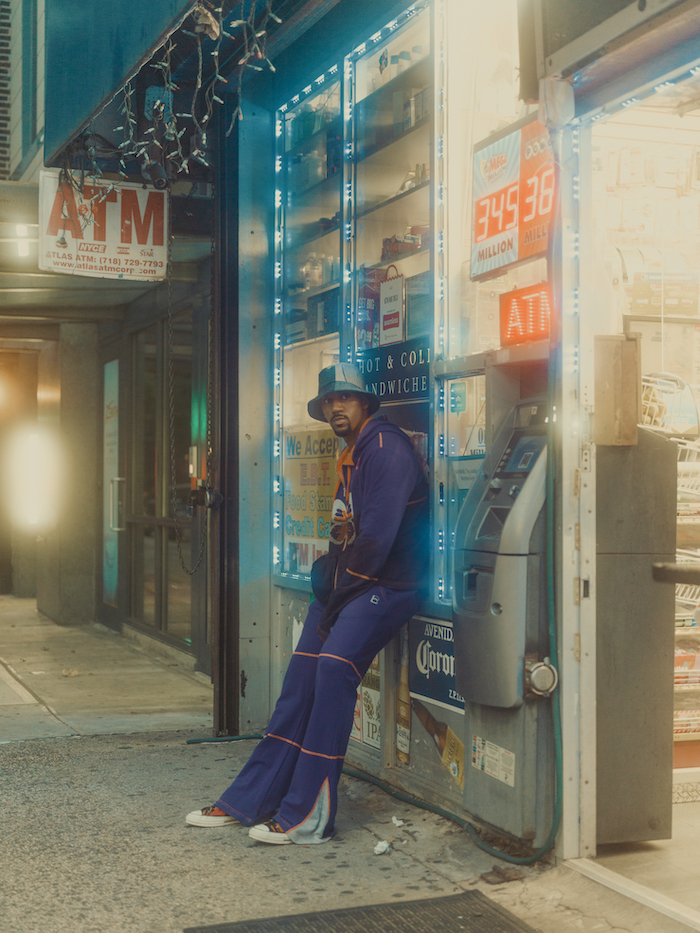
What did that look like being in those spaces?
There’s such a narrative that’s being pushed onto Black people in America. The theater was able to broaden my imagination, the way I saw myself, the world, [and] what I was capable of doing. I got the chance to play Vikings, Shakespeare, greek theater, and do movement pieces.
As an actor, my body is my instrument. It’s how I present myself, it’s how I tell stories. So I had all this experience that really stretched me and forced me to be as comfortable in the uncomfortable as possible. Making that transition from something so crazy to then coming to something that’s rooted so heavily in truth and realness and authenticity as ‘Wu-Tang.’ I’m happy that I’ve come from that. I had to use my imagination cus when it’s a specific character you can really zone in.
It was dope to go to a school like Carnegie. There were all these artists and actors that were at the top in their high school. We all came together and it was this magic that existed. Especially with the Black people in my class because that was the first time I had been around that many Black people that were as interested in this acting shit. I didn’t wanna play basketball. I didn’t wanna' do typical shit. I was going to get cheap tickets to see Broadway, and chilling around Times Square, and going to take dance classes. I was doing that type of shit. It was really nice to be around common company.
I just gagged. What were the L.A. vibes when you got there?
The L.A. vibes was the LA vibes. When I first got out there, I was like, ‘This is what I came out here for.’ I came to get in my film bag, and respectfully, being from New York, you can be anywhere and be okay. I’m very good at sussing out sus vibes before anyone can try and get me. L.A. is filled with a lot of people who be tryna’ finesse. That exists everywhere, but being from Brooklyn and having dealt with certain energies from very young, L.A. to me was easy. I was able to see the traps that people set and avoid those. It was a different pace. I enjoyed being in my car and just driving to an audition, lunch, drinks, to this, to that. Just making moves and carving out my path. That’s the thing about LA. You can make it what you want it to be for yourself. New York takes its energy and pushes it upon you and makes you figure out what you want to do with it.
So in LA, that was when the Wu-Tang series started coming together, right?
I got the audition in my inbox. I originally was auditioning for a different role and then they called me back in for Dennis. I knew ‘Wu-Tang’ had a lot of members so I was like, ‘Maybe Dennis is a member that I don’t know.’ In my first audition, I didn’t realize that that was Ghostface. I just went in. I knew they was from New York. I turned the accent up and just played it truthfully based on what was written in the scene. I honestly think that initial circumstance really helped me get the role. I wasn’t too focused on trying to be Ghostface Killah because the first season he’s not Ghostface, he’s Dennis. It’s really important to honor that. Honor who this man was back then. Who was he before those cameras even started rolling? There has to be some sort of growth.
What did that time look like for you?
It was wild. I was doing Boomerang, which I shot in Atlanta. As I was leaving Boomerang, that’s when they called me to do my callback for Dennis. My energy was already in work mode. Manifestation [and] my faith in God is so important.
At the time, I was working at this tea shop. In this particular tea shop, they had these different artists that would be on display [as] artwork. This particular month, while I’m doing all these callbacks for Wu-Tang, this artist did all these portraits of iconic Hip- Hop figures. One of the portraits was actually the RZA. One day, I’m sweeping in there, I look at this picture, and the RZA painting is looking at me. I’m like, ‘Oh that’s crazy.’ Then when I’m by the register it looks like it’s looking at me. I run across the shop and I’m looking at this picture, and it’s still looking at me. I just remember being like, ‘I need to quit my job.’ I remember talking to my mom and she was like ‘Siddiq, wait until they give you the go. Wait until they give you the role.’ I’m like, ‘Mom, no. I need to quit. I need to prepare. Something is coming.’ I quit my job before I even found out I got this role. Then I ended up getting the role. Things just start working. In my faith, God places these images that carry you from moment to moment. In order for a blessing to come, you gotta have space. A lot of people crowd their life with extra shit just because they’re scared of going after what they really want. If there’s something that you really want and it’s really major, you might have to cut out some of the excess bullshit that helps you in your day-to-day.
I was getting ready to go out with my friends. We were about to go to the club. I remember getting a call and a person on my team was like, ‘I can’t wait to see you on set.’ I called my mom. I called my pops. The rest was the rest.
What are your favorite parts from this new season?
I would have to say there’s a couple of times where we come together as a group and we perform together. I feel like we all bring our own energy to the mix. That’s what’s so dope about Wu-Tang. They were all different and came together as this powerful group. Dudes that was kind of competing with each other, and when you have a whole group of niggas that’s like ‘I’m that nigga,’ it’s gonna blow up. That exists within my cast. My path is very different than some of my castmates, but we all here together. We all got a common goal. Seeing us come together is what I’m excited for the fans to see.
What are you and your castmates like behind the scenes? I feel like y’all have so much fun.
We bring it. We bring the vibes. There’s something about this brotherhood that has formed naturally that I’m really appreciative about. There are moments where we are so locked in and connected with each other and that’s where the real shit really starts happening. It’s a lot of fun to be playing these legendary and iconic figures and also be legendary and iconic in our own right.
You’ve talked about pushing against the stereotypes that are projected onto Black actors. So how do you push against those stereotypes and just pursue artistry to its fullest extent?
I’ve turned down auditions even before I was booked on any shows. I’m lucky enough to have a team that doesn’t fight me on that. As far as artistry, the world has been introduced to me as an actor, but I dance, choreograph, I make visual art, so I try to stay in tune with my point of view and things that I’m drawn to. Collecting stuff, whether it’s a painting or any sort of art thing. It might make its way into my fit one day. It’s really a reflection of me and cultivating my space to reflect me. As an artist, in order to push your artistry, you gotta have a point of view. You have to know what your perspective is about things. That’s really all we have to stand on. I push my artistry by being specific about the things that I keep around me.
How do our friends and family reflect us?
Friends reflect who you are, but also you can be drawn to people for different reasons. Maybe there’s a side of you that you are more interested in exploring and then you make a friend who is helping you explore that. They can stir things within you. It’s the ebb and flow of life. I get inspiration from people and I’m sure that I inspire people. I’m inspired by all of my friends.
